50 Most Underrated TV Shows on Netflix Right Now
If you feel like you’ve maxed out all the good shows on Netflix, think again. Besides the big-name shows that have caught media attention, buried under the platform’s marketing algorithm is a treasure trove of shows you’ve probably never heard of.
And among them are plenty of spectacular gems that are certainly worth your time. We’ve curated the top 50 TV shows you might have overlooked, all currently streaming on Netflix.
Jump to the top 10:
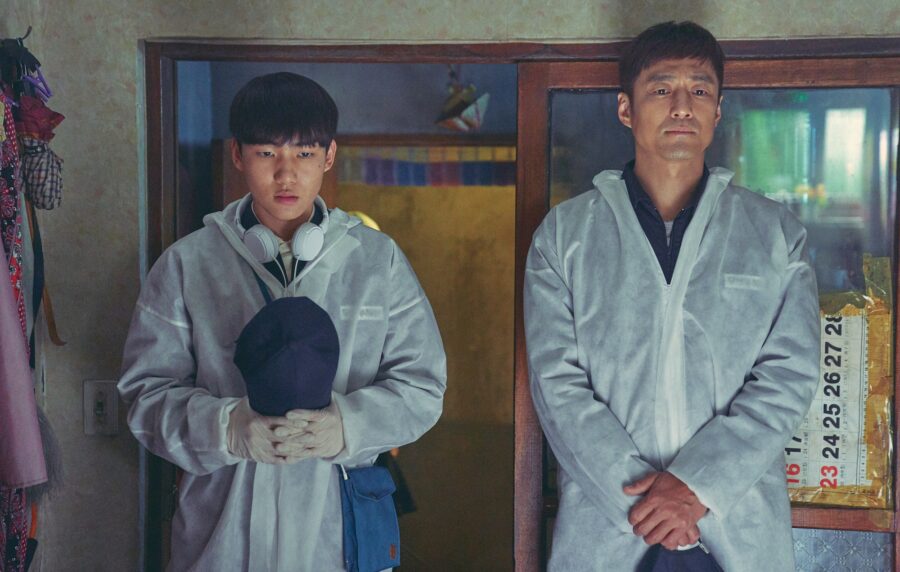
In Move to Heaven, a man and his son clean up after the dead—specifically, the dead who have no one else to look out for them. Believing that no one should be robbed of a respectable farewell, they piece together the deceased’s possessions and celebrate them postmortem. It’s a noble job, but its existence is threatened when the father passes away. It’s now up to the ruffian uncle with a heart of gold to continue the business and bond with his nephew, who himself struggles with Asperger’s.
It’s easy for Move to Heaven to feel weighed down by all the important stories it tries to tackle; represented here are disabled people, depressed people, queer people, overworked people. But it breathes so much life into these stories that they hardly feel like the drag other shows and movies make them out to be. Tragedy here is expertly blended with humanity, and the result is a moving and compassionate series that stands out even in the saturated content space that is Netflix.
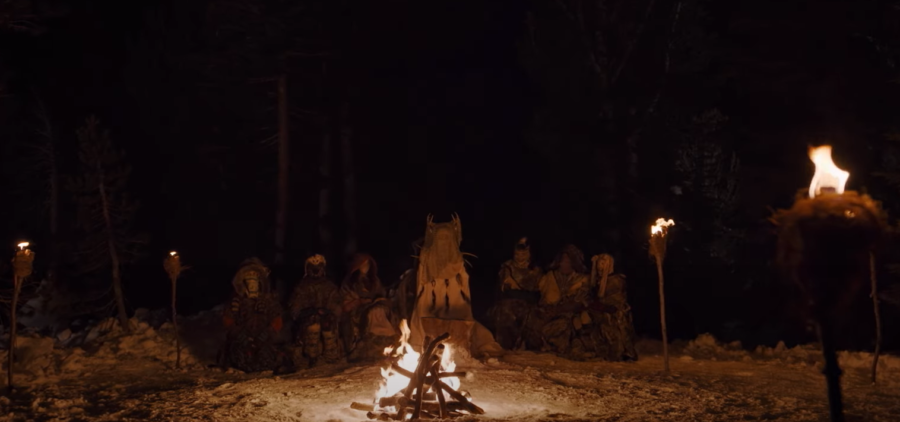
When a girls soccer team is left stranded in the wilderness, things quickly descend from worrisome to outright, delightful, and sometimes unbearably weird. It’s a classic tale of survival injected with fresh mystery and drama, and as you watch these girls navigate humanity in all its extremes—from the primal urge to live to the existential need to bond—you’re left feeling both wildly entertained and deeply disturbed all at once.
Though Yellowjackets has drawn comparisons to beloved stories like Lost and Lord of the Flies, its unique pulse on the female experience is arguably its own thing: a sure and instant classic in the making.
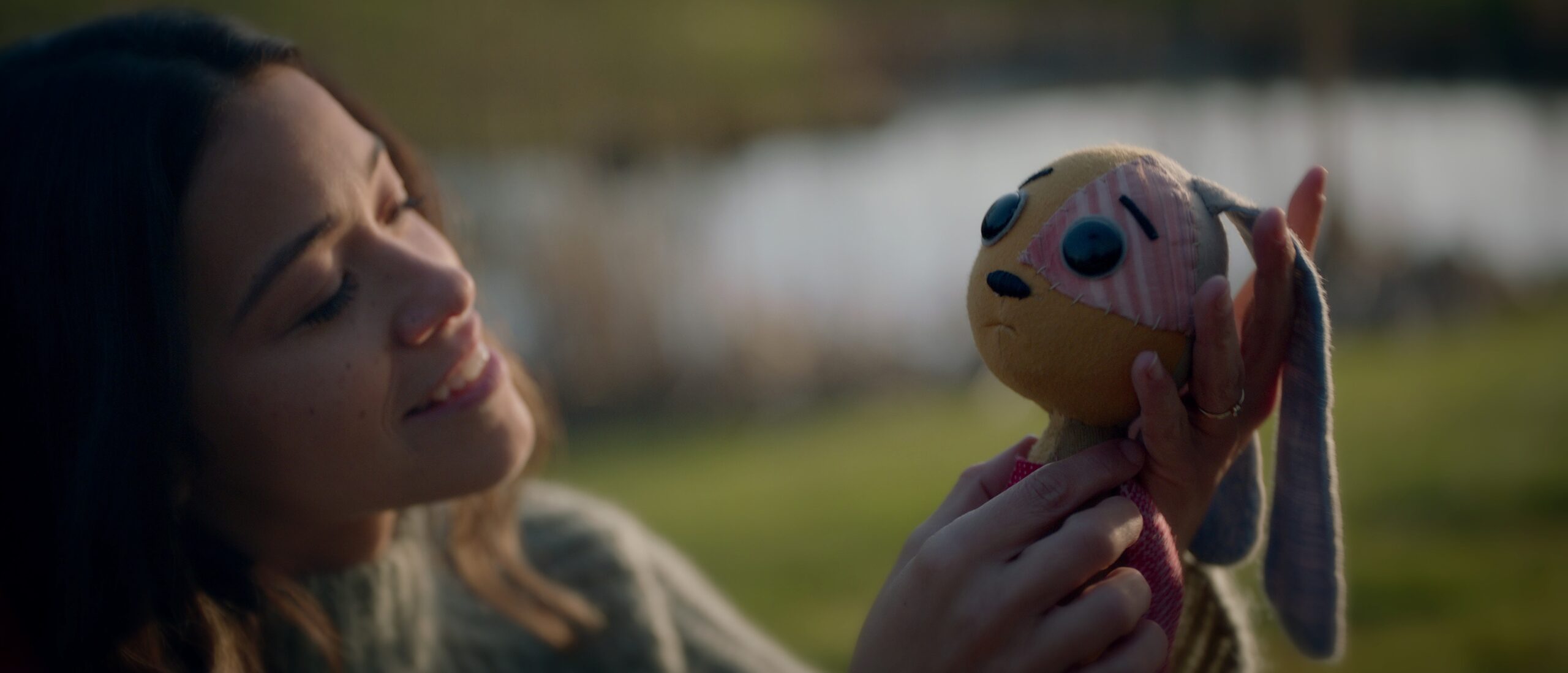
The Netflix four-part miniseries Lost Ollie is a bit like if Toy Story was adapted into a live-action dramedy. You’ll recognize the premise immediately: lost toy comes to life and loyally sets out on a journey to find its kid. But stuffed in between those points are poignant moments and reflections about life, family, and being.
The film isn’t also afraid to touch on darker themes, so if you’ve always wished for a slightly more mature but still kid-friendly version of this narrative—and if you’re a fan of the likes of Paddington the Velveteen Rabbit—then you’ll enjoy Lost Ollie.
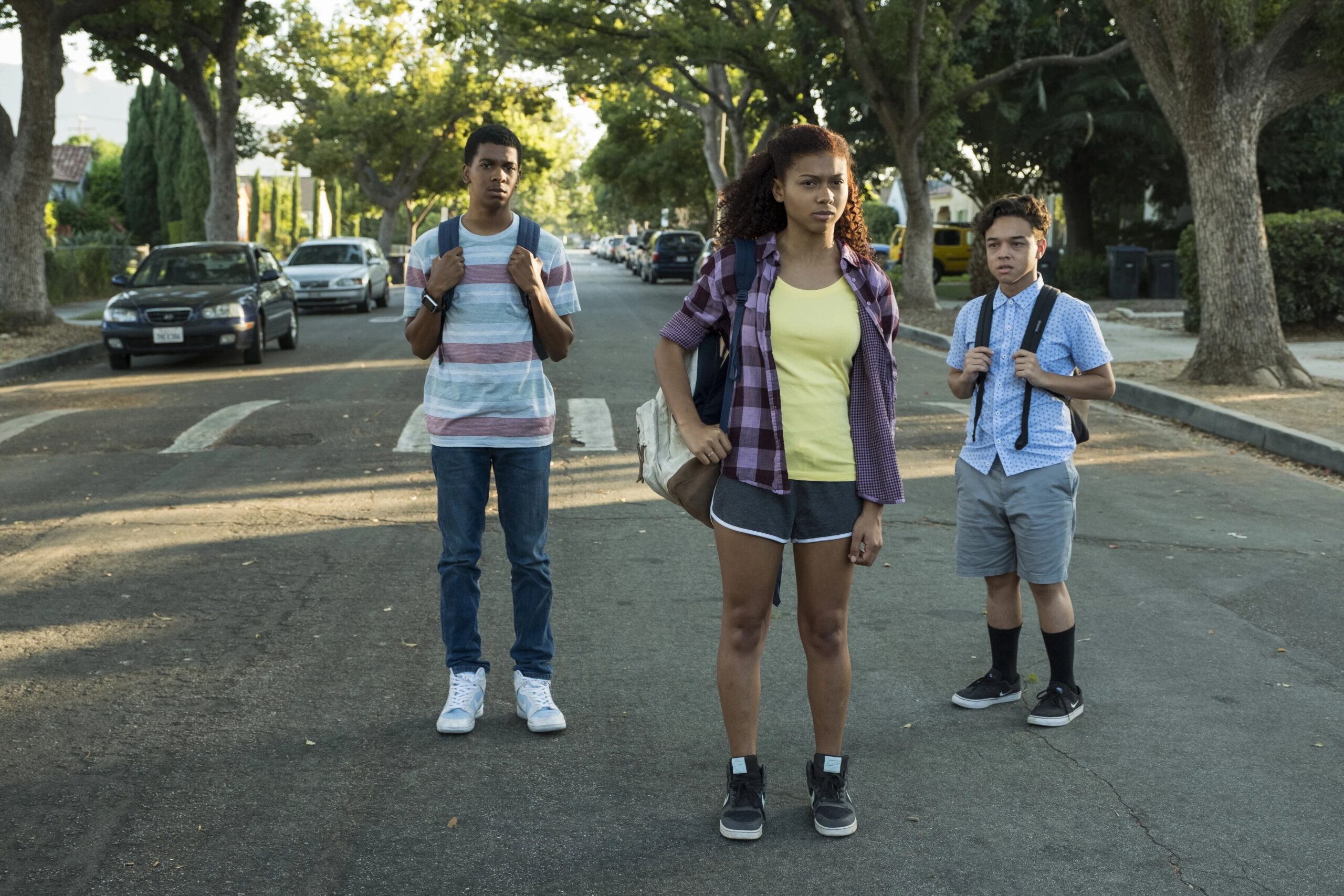
TV has never been as diverse as it’s been today, but despite the multitude of perspectives, nailing an authentic and enjoyable story that’s outside the realm of the classic white experience continues to be tricky. How do you relay very real dangers like gang violence and poverty without undermining universal teenage concerns like heartbreak and rejection?
Enter On My Block, a series that manages to stuff many things on its small plate without compromise. It’s funny and charming, but also smart and serious when it needs to be. Unlike a number of teen sitcoms before it, On My Block is in touch with the real world, and it’s unafraid to shove its characters into difficult situations at every and any moment—not just during special episodes. This authentic setup coupled with its very likable and well-drawn leads is sure to draw in viewers of all leanings.
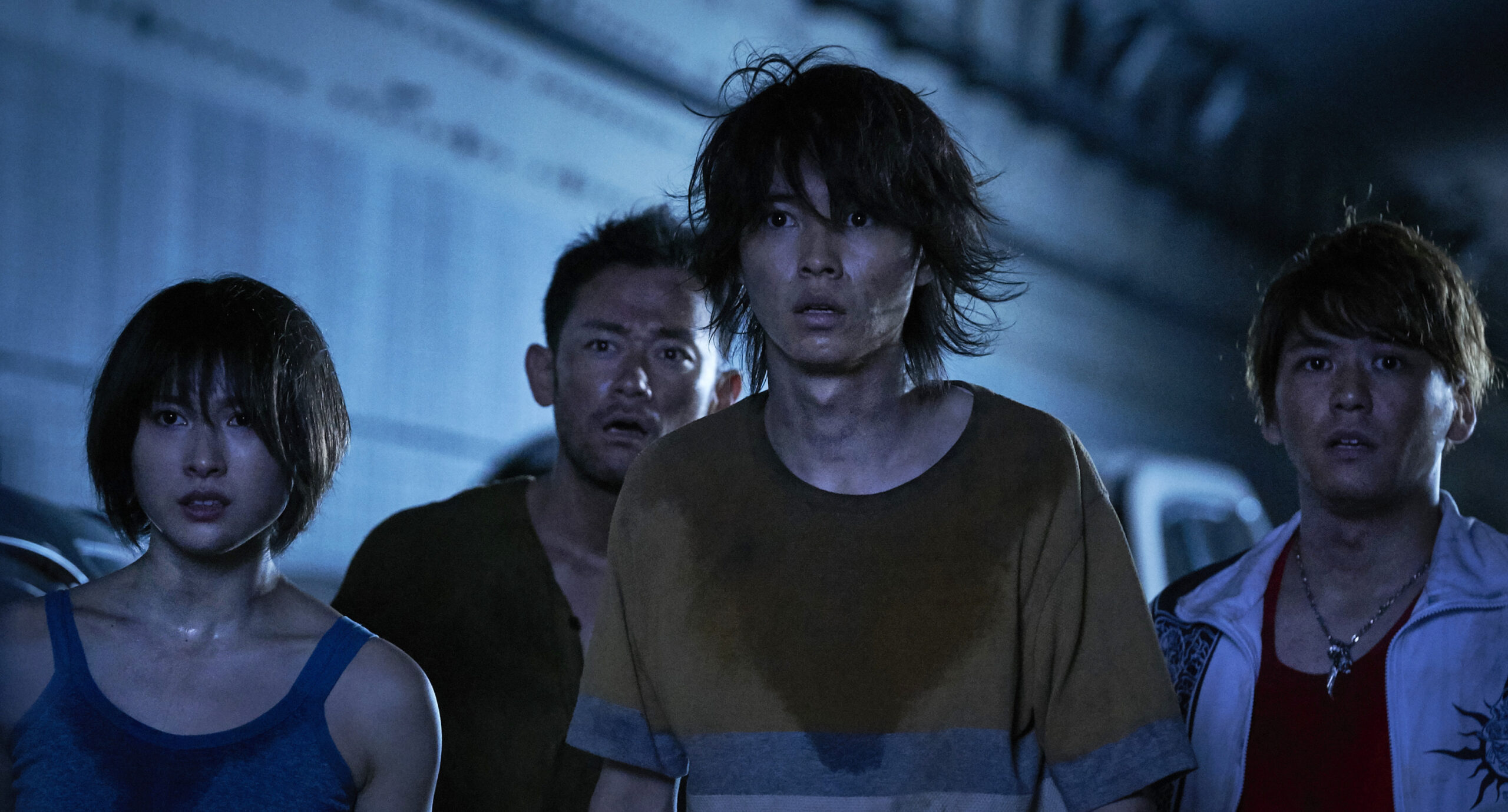
Alice in Borderland is a fast-paced heart-wrenching puzzle of a show that will have you wracking your brain and wiping your tears, often at the same time. It combines the wit of Hunger Games, the ruthlessness of Battle Royal, the goriness of Saw, and the social commentary of Squid Game, though sadly it has yet to receive the same renown as these titles.
With each game, the characters must solve a given problem before the timer runs out—when it does, they die, often violently and for others to witness. While playing the games, leads Arisu (Kento Yamazaki) and Usagi (Tao Tsuchiya) also try to solve the bigger picture by figuring out once and for all who the gamemaster is. Like the story it names, Alice in Borderland drives its characters into increasingly dark and mad situations the deeper it gets. It’s also built to last like the novel, a classic in the making bound to be rediscovered and re-enjoyed in the years to come.

Fun, wholesome, and relatable, Haikyu!! celebrates the highs and lows of high school volleyball. The show starts off focused on two freshmen volleyball players from opposing middle school teams, who have to learn teamwork in order to be accepted into their high school club. While the team might initially come across as self-conscious, over-the-top, highly dramatic characters, it’s clear that they’re coming from a shared love for the competitive sport (and that they also just happen to be going through puberty). However, the show’s strategic storytelling makes us care about the team: explanations about volleyball tactics are taught just at the right moment in order to heighten the stakes of every player’s move. Simultaneously, every player moves into each new plot point as a natural consequence of their backstory and their perception of each event. Haikyu!!’s agile approach makes the show a compelling watch, and a great place to start if you’re new to anime.
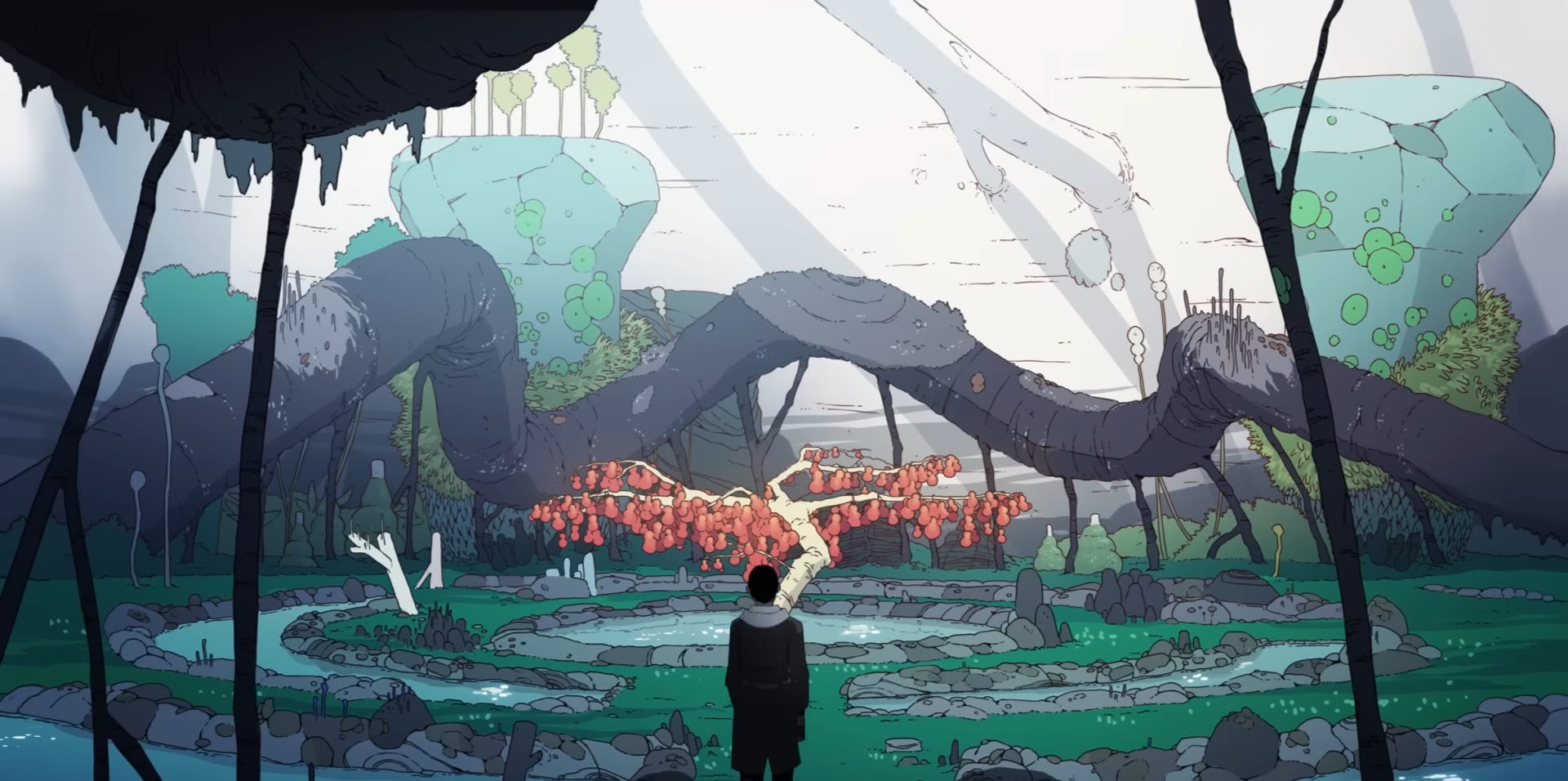
“World-building” doesn’t quite capture what Scavengers Reign does — the sheer imagination on display in just the first three episodes of this 12-part adult animation sci-fi could fill multiple universes. From the get-go, we’re immersed in a truly strange new world, one in which panda-like creatures with telepathic abilities control humans, fungi merge with motherboards, and plant-animal hybrids crackle with electricity. All this trippiness is rendered in a 2D animation style that appropriately draws on the fantastical art of Moebius (who in turn influenced Studio Ghibli).
Flashbacks and hallucinations gradually unravel the mystery of just how the crew of the Demeter and their robot assistant Levi (Alia Shawkat) ended up here — a grounding plot thread that keeps things from totally spinning out into mind-bendingly surreal territory. Not just an exercise in stretching creativity in bold new directions, then, but a gripping mystery laying bare the terrifying limitlessness of the cosmos.
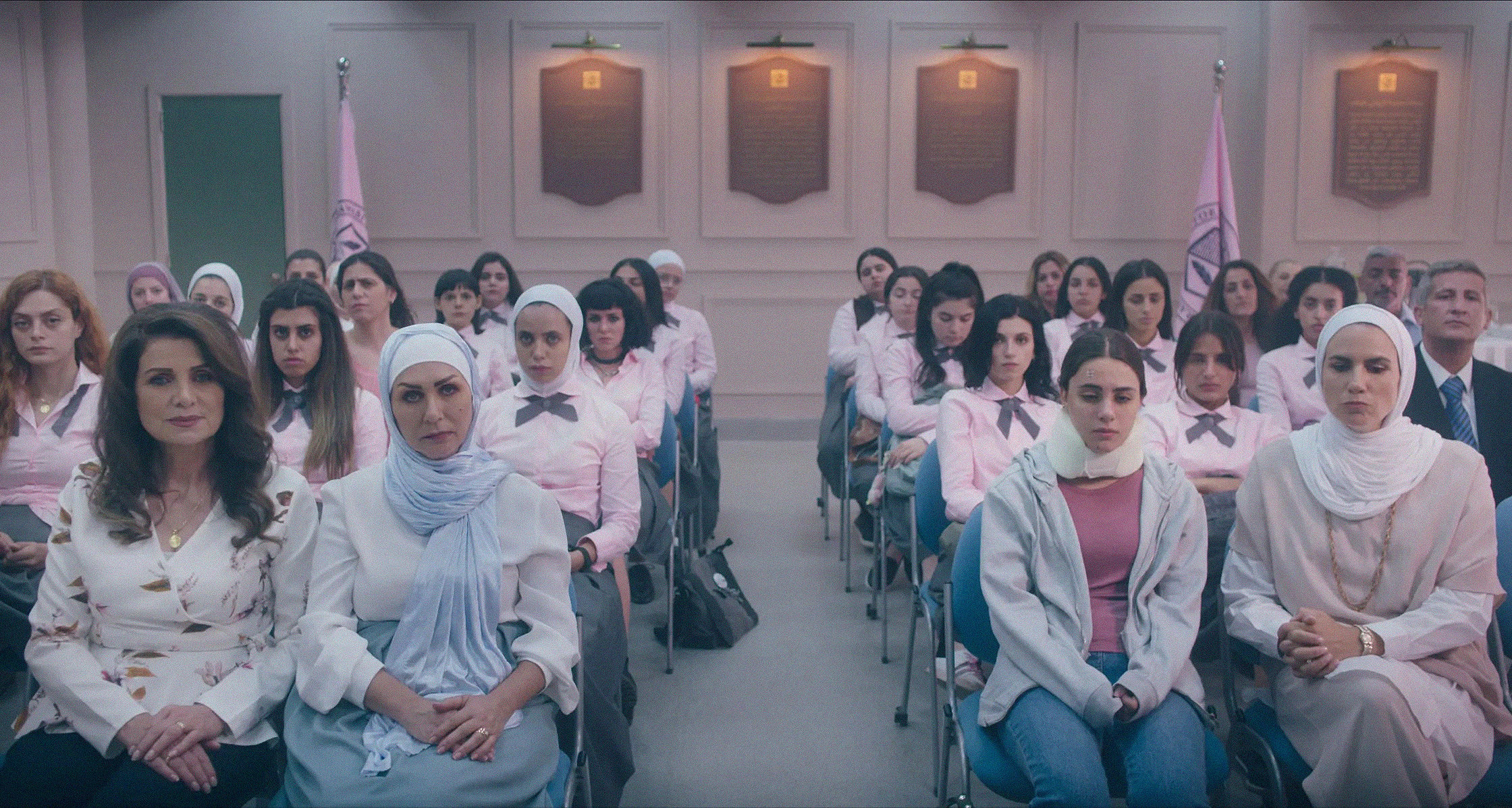
With teen dramas crowding not just Netflix but all of TV, it’s easy to think that the Jordanian series AlRawabi School for Girls won’t be any different. But while it may share a lot of similarities with other coming-of-age stories, it stands out for its willingness to explore dark themes and cultural specificities without a pandering tone. It’s smart, mature, and complex enough to give us a feminist lead who weaponizes misogyny against other girls, for instance, or a fierce bully who eventually earns our sympathy. It’s hard to imagine the treatment being this sensitive, nuanced, and wholly engaging without the all-female cast and crew that AlRawabi thankfully has.
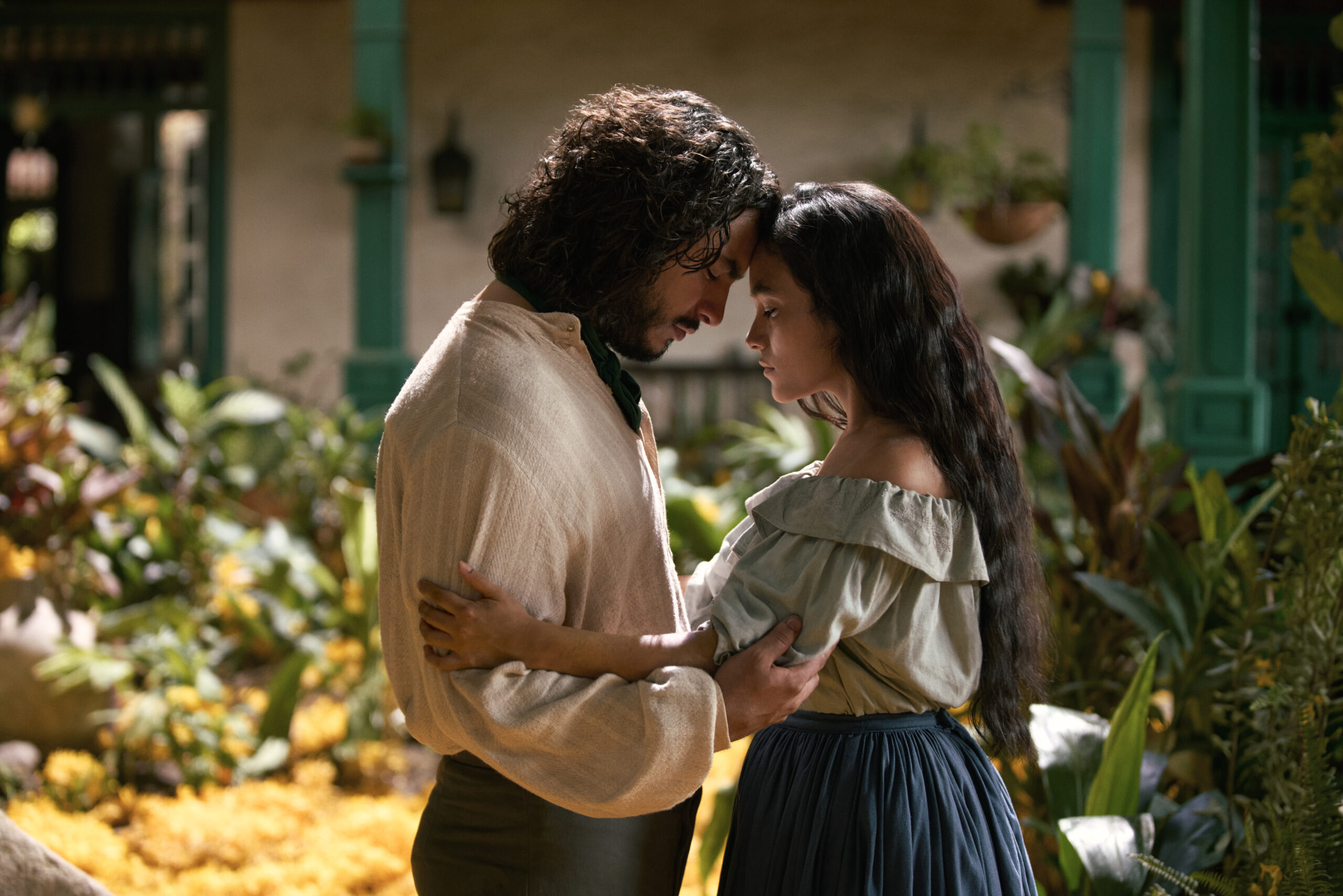
It’s a tall order to depict One Hundred Years of Solitude. Considered to be one of the world’s most important novels to read, expectations were high, the magic realism required a hefty budget, and the sprawling seven-generation plotline felt like it couldn’t fit within a feature film, or around 90-120 minutes. It’s because of this that author Gabriel García Márquez held out on selling the rights, and the family followed suit after his death. Luckily, more than half a century later, streaming television garnered enough prestige and profit to finally adapt the classic. Netflix thankfully stuck to the family’s wishes of having it filmed in Spanish, in Colombia, with Colombian actors, but it also expanded on the layered text in ways video can only do so– like fleshing out the story visually and aurally, having an omniscient narrator, and taking advantage of the medium through editing, direction, and excellent performances from the cast. Cien años de soledad doesn’t just work– it makes it so much easier to understand hype and the themes for people completely new to the text.
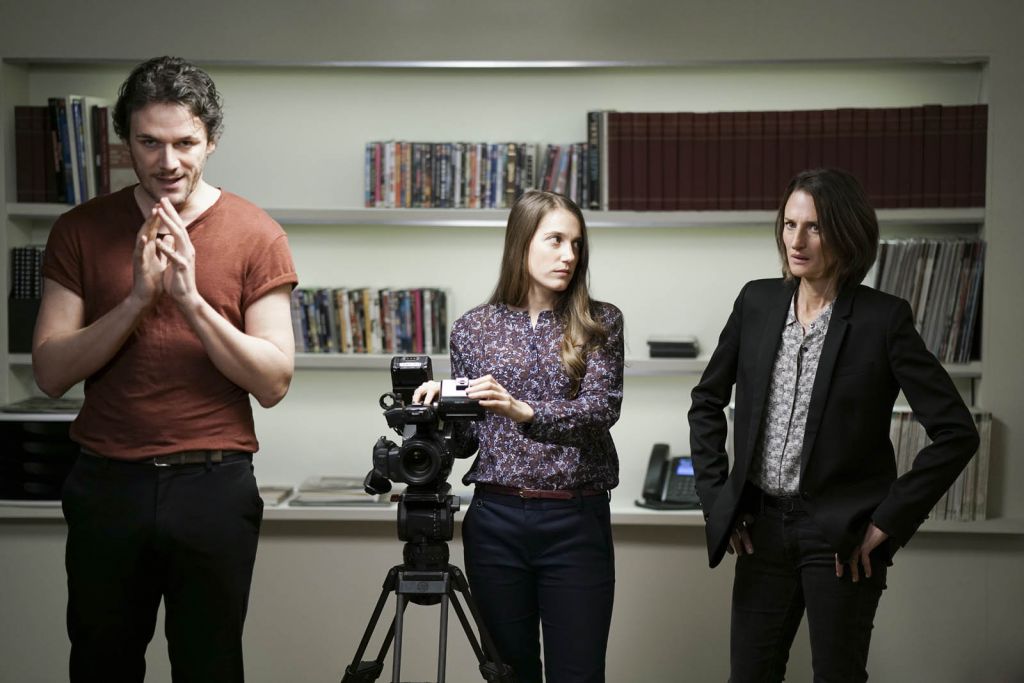
Think of Dix pour cent, or Call My Agent!, as it was so horribly translated, as a smart French version of Mark Wahlberg’s Entourage or, as the director once quipped, Desperate Housewives with actors and their agents. Ten percent (dix pour cent) is the fee that said French agents receive as compensation from the actor’s fee. It chronicles the life of an aspiring talent agent at a French casting agency. New to Paris, she lands her dream job, but now has to deal with a variety of very stressed-out, capricious characters on both sides of the bargain. It is one of those shows that finds hilarity in the fact that nobody actually talks to each other over sometimes simple issues. On the actor’s side, many of the appearing A-listers star as themselves. The countless cameos include the likes of Jean Reno, Monica Belucci, and Charlotte Gainsbourg. It’s basically a soap opera but so well-written and complex, you might refrain from binging it too hard just to make it last longer.
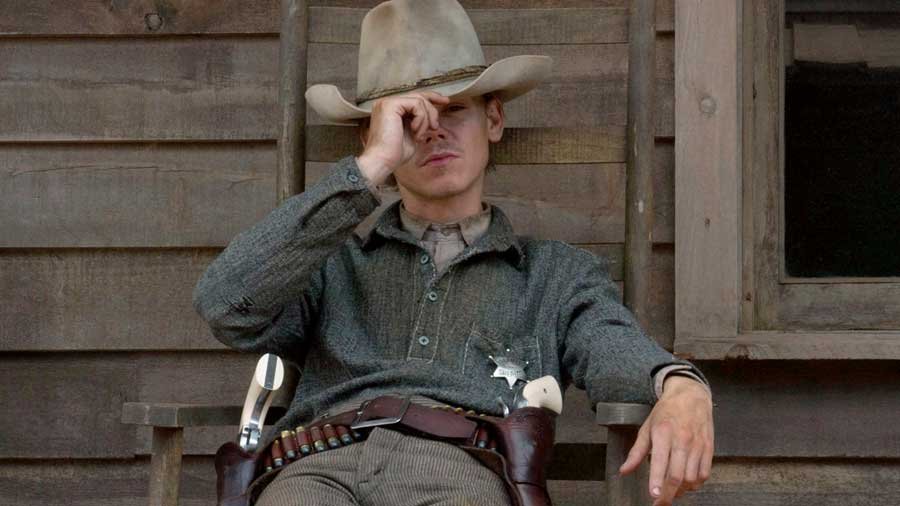
Very violent, very Western, and, in a breath of fresh air: very female. Godless is a grim and visually stunning series about a small New Mexico town populated almost entirely by women, including Alice Fletcher, a reserved and self-reliant widow played by Michelle Dockery. Roy Goode (played by Jeff Daniels, who won an Emmy for it) is an outlaw chased by a much worse outlaw, Frank Griffin, who is taking in by the mysterious, gun-toting widows. Written and directed by Scott Frank and executive-produced by Steven Soderbergh, Godless is an honest and powerful show with amazing performances. So amazing, it’s hard to single one of them out. If you love Westerns but sometimes find them too foreseeable, this show is for you.

You might not have heard of it, but this show was huge in Denmark. I mean, one million people watching in a 5-million-people country huge. Far from being the tasteful Nordic Noir international audiences are used to, Rita revolves around a mid-40s, single mum of three older kids, leather jacket-clad private high school teacher with a big mouth and a heart to go with it. Mille Dinesen plays the titular female lead, who smokes in the school bathrooms and, well, bangs the school principal. But in addition to the rule-bending rebel facing off overprotective parents, know-it-all students, and her growing kids, Rita also deals with serious topics like balancing work and family, being a role model, and abortion, albeit in a hilarious and, well, delightfully Danish way.
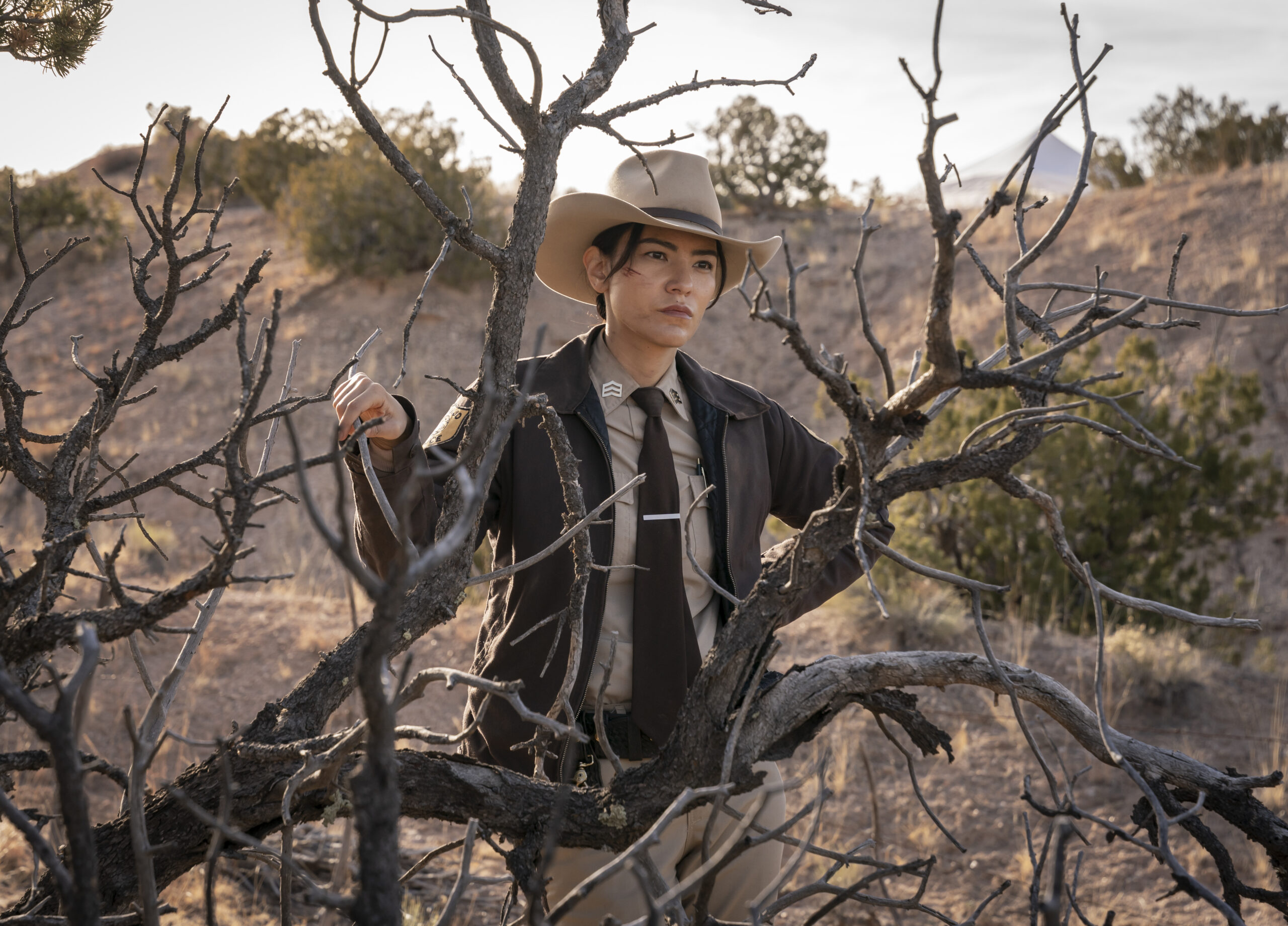
Even without doing the important and long overdue work of uplifting Native American voices, Dark Winds manages to be an intriguing mystery, layered with complex performances and bolstered by the majestic expanse of the American Southwest (in the ‘70s no less!). Finally released from the shackles of supporting roles, Zahn McClarnon shines here; he’s in top form as the gritty but softhearted police officer who protects his tribe from encroaching federal forces. The mysteries that propel the show are compelling too; they have the same beats as any you’d expect from a crime thriller, but they’re seeped deep into Native American mysticism, making them intriguing and wholly unique.
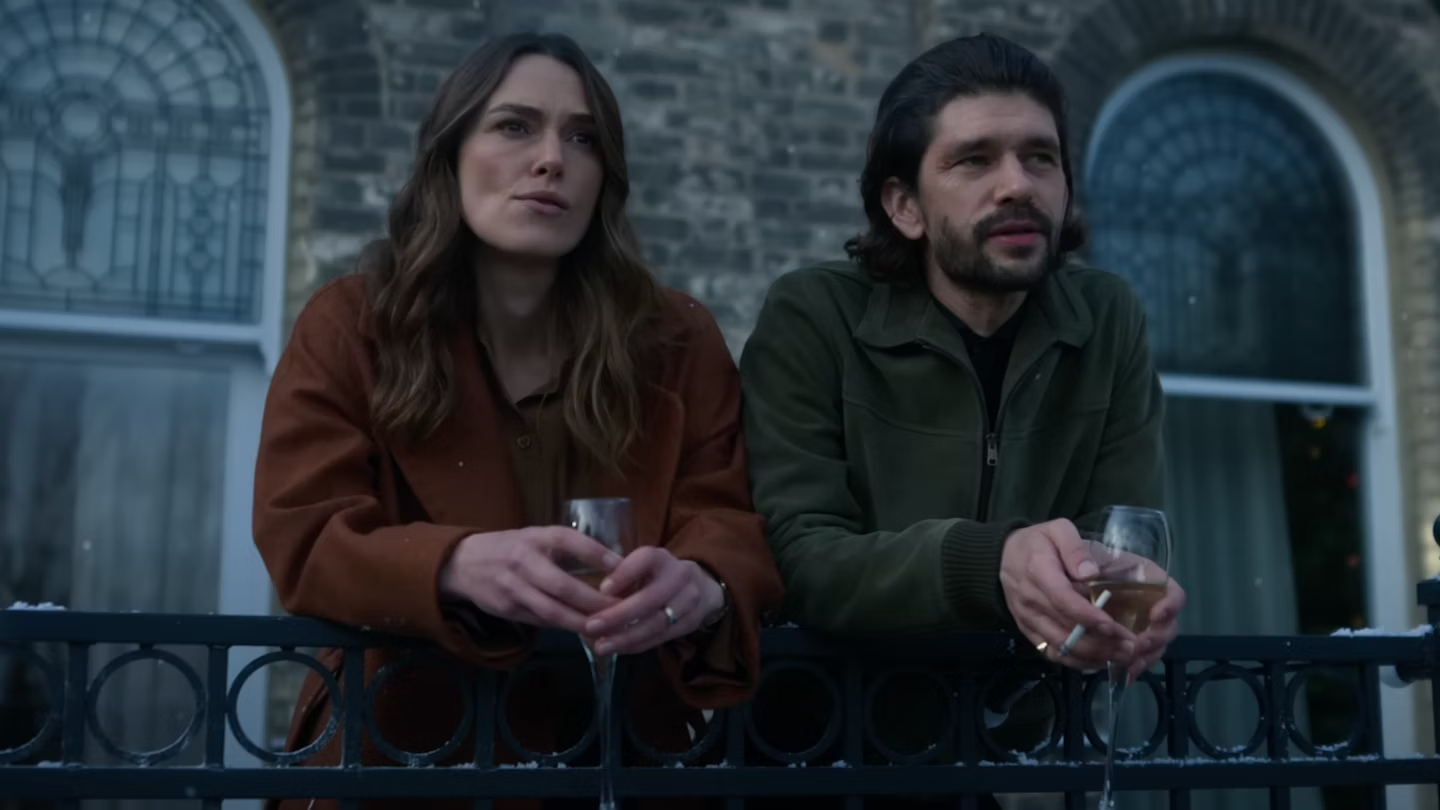
I would be okay if Black Doves was just a straightforward spy thriller; Knightley and Whishaw have enough charm, enigma, and kick-ass competence to make it work. But beyond the show’s cool and slick demeanor lies a wealth of other gems. It’s a heartwarming friendship tale for one, and a heartbreaking romance for another. It also manages to be funny at the right times, thanks to Sam’s bumbling accomplices, while evoking Christmas cheer. It sounds like a random mishmash of things, but Black Doves effortlessly blends its many tones and genres. Knightley and Whishaw ground the show’s ambition with their affecting performance as two cold-blooded killers who depend on each other’s trust and friendship. It also helps that there’s a depth to the deaths in Black Doves. There’s a nuance here that’s missing in most crime and action thrillers. Bodies are still dispensable, but you know why and how they’ve reached that point. If you want something smart and gripping that isn’t Die Hard to put on this holiday season, this could be it.
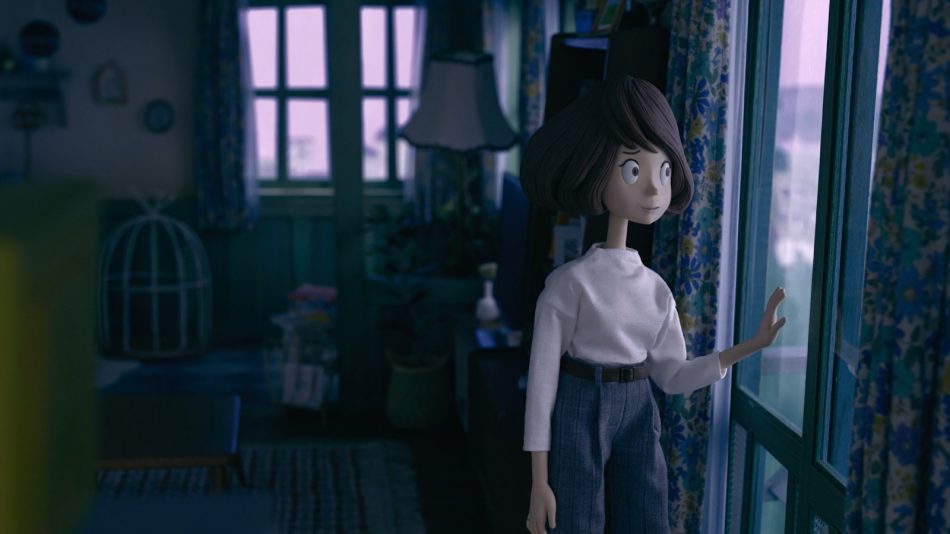
Meet Rilakkuma, a relaxed teddy bear (which is indeed what his name translates to in Japanese), and Kaoru, a Japanese office worker in her mid-thirties, who lives with said bear as well as a smaller white bear named Korilakkuma and a yellow chick by the name of Kiiroitori. As whimsical as all this may sound, the show offers up endearing and humane life lessons to go with all the heart-warming cuteness as Kaoru navigates being single, her apartment building being demolished, and her job stressing her out. It combines charming stop-motion characters with great writing, adorable animation, and a beautifully quiet tone. You might be surprised at the profundity of a show that, at the surface, is about a Japanese girl with cuddly toy roommates. It’s hard to compare it to anything else!
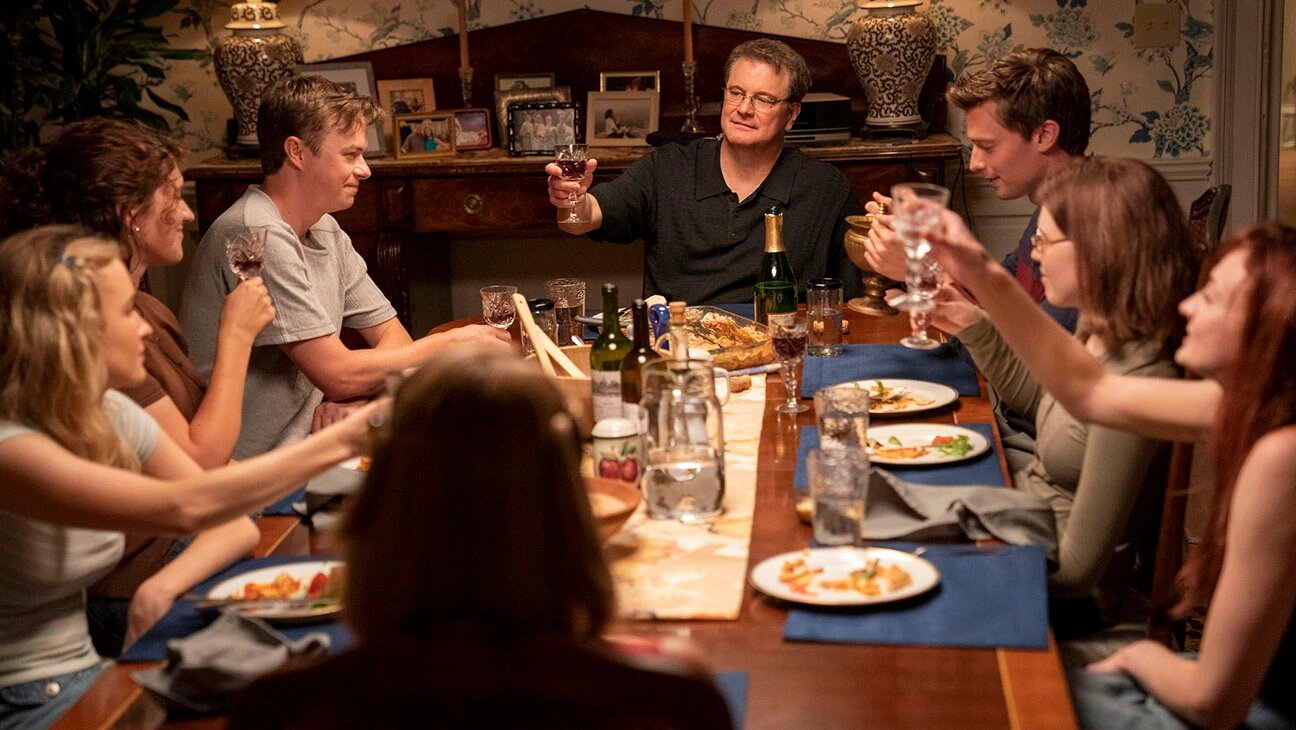
The bizarre case of Kathleen Peterson’s death, which has yet to be fully resolved to this day, has been the subject of many a media article. The press covered it relentlessly when it all started in 2001, then a critically-acclaimed documentary was released in 2004. This was followed up with a sequel in 2018, and now more than 20 years after the deed, a dramatization has come out in the form of a miniseries. You’d be forgiven for thinking the latter couldn’t possibly have anything new to offer, but you would also be wrong. In fact, the series is a masterclass in storytelling. Led by an a-list cast (of which Colin Firth is the absolute standout) and told with such layered depth, The Staircase is a must-watch not just for true crime but for film and TV fans everywhere.
Utilizing time jumps and crafty transitions, The Staircase isn’t set at one particular time, which is fitting considering the trial lasted for 16 years. It also isn’t centered on just the mystery or the family, but instead is just as interested in the making of the 2004 documentary that introduced (and humanized) the case to an even wider sect of people. If you’re looking for a neat ending or some form of satisfying retribution, you won’t find it here. But you will be getting an engrossing meditation on truth and its elusiveness
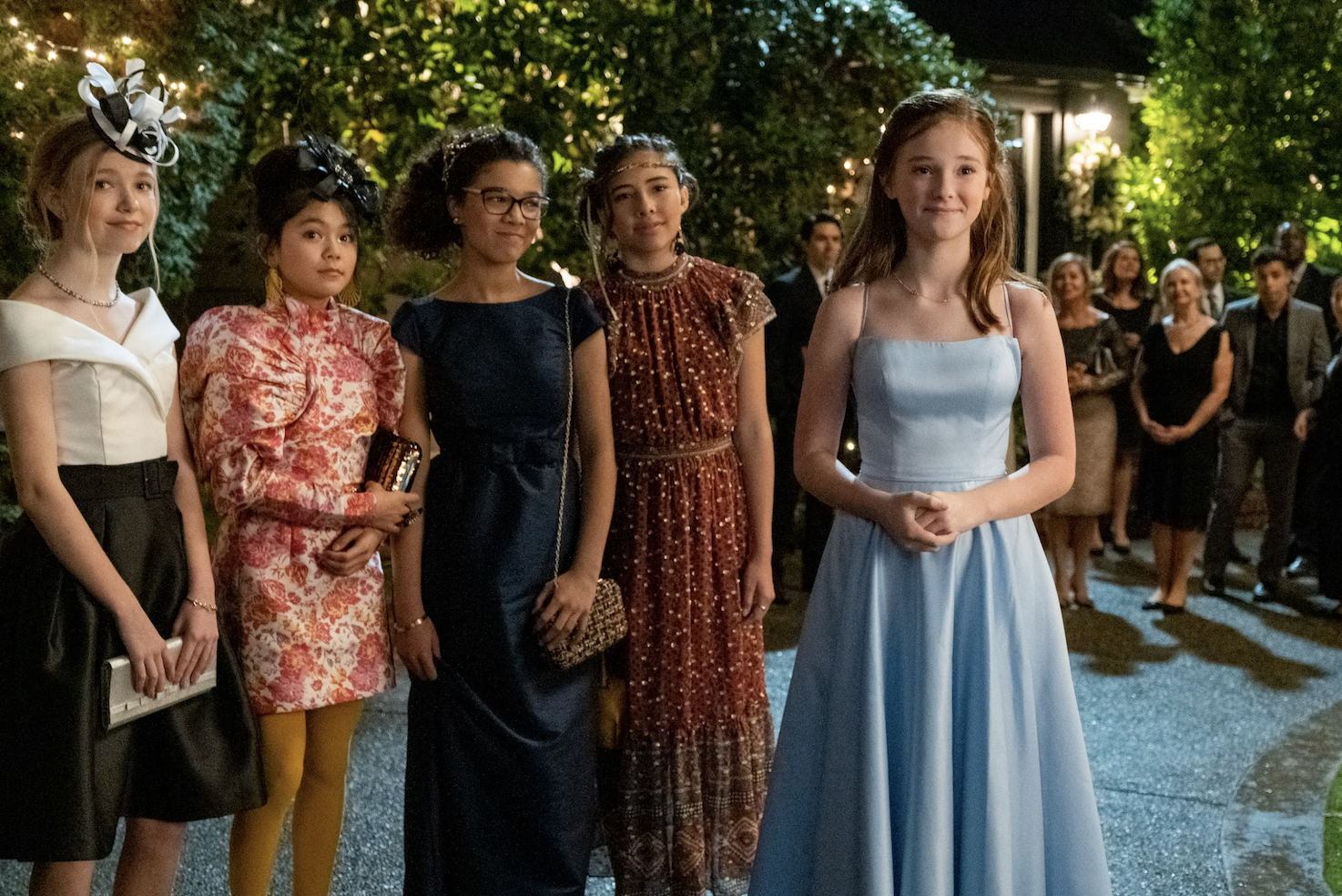
Vibrant and quirky in a way that always rings true for its plucky protagonists, this abruptly cancelled children’s series embodies the optimism and empathetic spirit that we should all hope to gain from the younger generations. By starting their own neighborhood business, the core characters of The Baby-Sitters Club (played with undeniable star power and chemistry by its young ensemble) learn how to bring joy and healing to others while facing everything from discrimination and generational trauma to their own imperfect family lives. Behind the club’s humorous, sugarcoated antics is a real sense of helplessness that each character struggles with—forging ahead and doing whatever they can to fix things that they’ve been told are out of their control. It’s an unexpectedly touching gem of a show that proves kids’ entertainment can be truly beautiful.
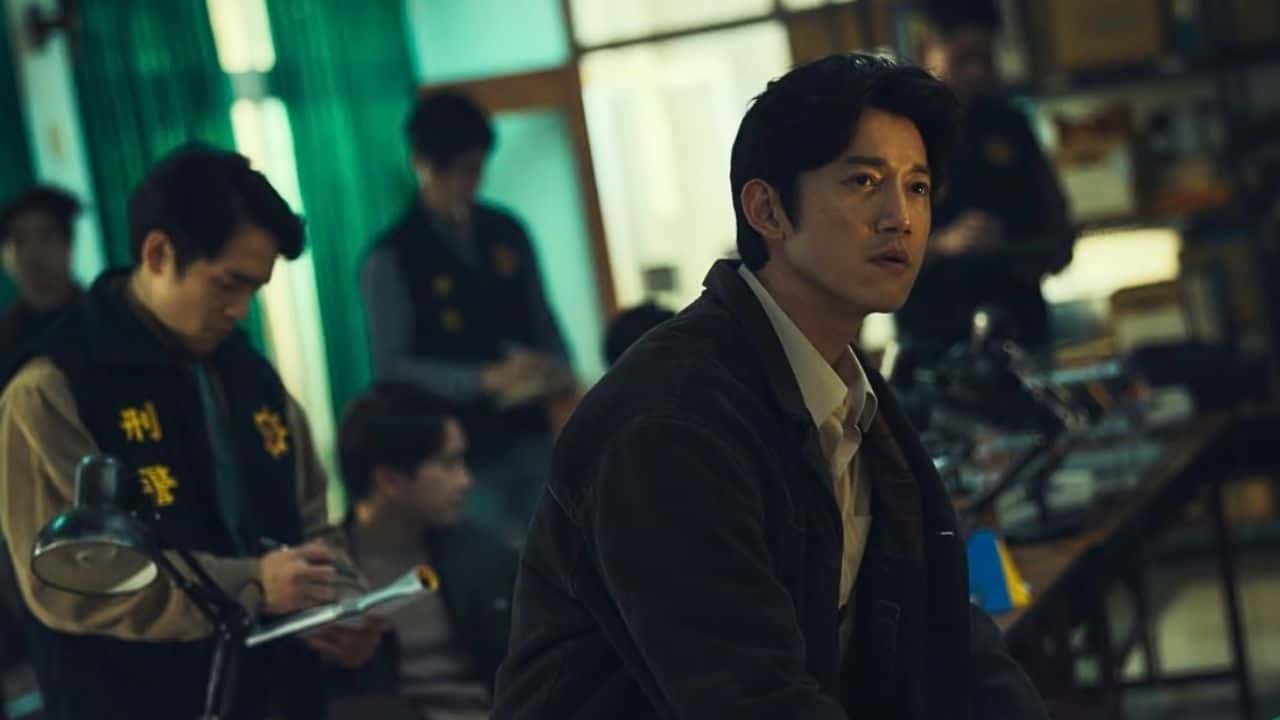
Copycat Killer is a gripping and unsettling crime thriller that takes its time to develop its characters and delve into a disturbing cat-and-mouse game between a relentless prosecutor and a manipulative serial killer. The show’s slow-burn approach keeps you invested in the characters’ journey, while the horrifying events remind you of the potential dangers lurking in the real world. With a mix of tension, manipulation, and grisly acts, Copycat Killer leaves you on edge, keeps you guessing at every turn, and serves as a reminder of the dark realities that exist in society.
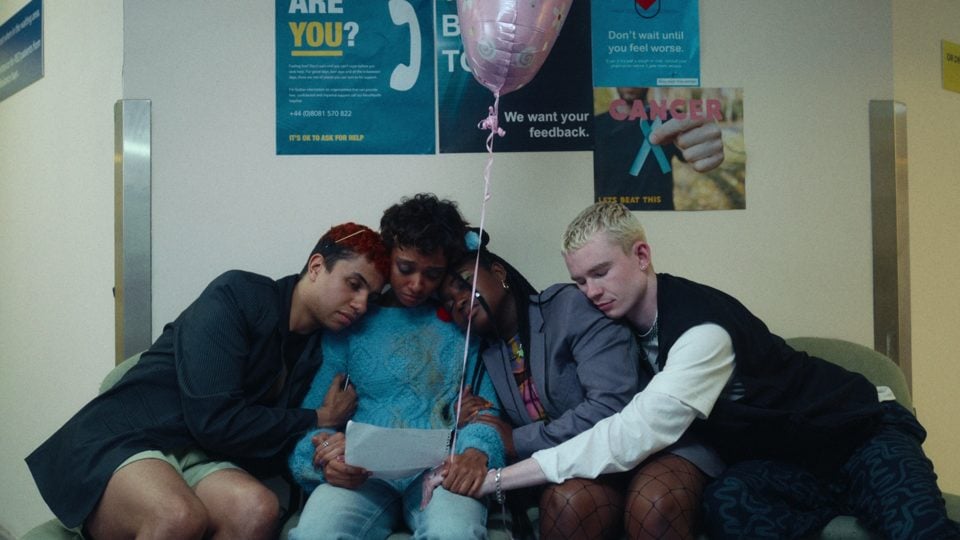
Messier than Heartstopper, but tamer than Skins, Everything Now has everything you’d expect from a British teen show. Sexuality, vices, and experimentation is what the series shares with other coming-of-age series, but at its heart is Mia Polanco as she tries to get back to her regular life after anorexia recovery. Cutting between her life now and her seven-month hospital stint, the show feels like a realistic depiction of a non-linear healing journey. It’s a show that makes sense to release right now, as the world’s teens try to get back to normal and try to reach standard teen touchstones.
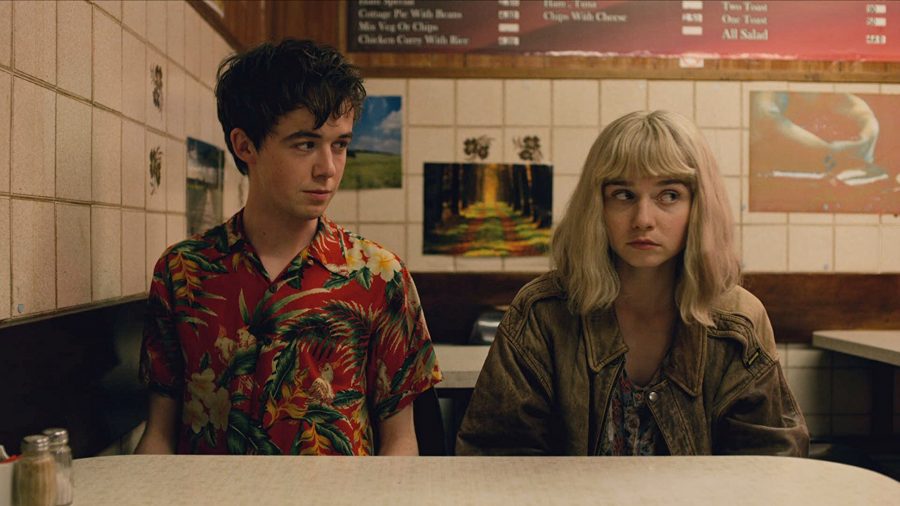
An amazing binge-worthy show that is a mix between a coming-of-age story, a romance, and a crime thriller. It tells the story of James, a 17-year-old who believes he is a psychopath (for some very convincing reasons). James decides he wants the victim of his first murder to be a new schoolmate, Alyssa. He befriends her and keeps waiting for the perfect moment to kill Alyssa until he finds himself on a journey with her to escape her home. Somewhere near the middle of the show, and without you fully realizing it, it transforms from an original coming-of-age story or odd-boy-meets-odd-girl story to an intriguing view on adolescent insecurities and the role of parents into shaping them. It transforms from a mysterious, almost charming story to an interesting character study. This is when the show will blow your mind. It’s a fresh, smart, funny yet disturbing emotional thrill ride.
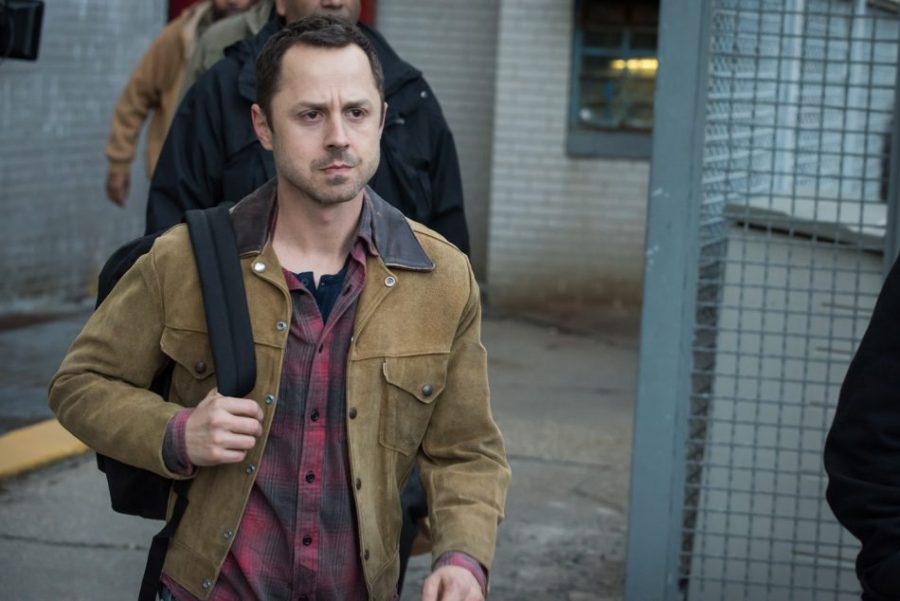
Sneaky Pete is probably the Amazon Prime Original that suffers the most from the platform’s awkward branding. Had it been on Netflix, your co-workers wouldn’t stop talking about it. Four years after the finale of the mighty Breaking Bad aired, Bryan Cranston is back with some thrilling, far-fetched, but furiously entertaining TV. A con man just released from prison, Marius Josipovic (Giovanni Ribisi) seeks to reconnect with his brother Eddie (Michael Drayer), who tells him that gangster Vince Lonigan (Cranston) wants payment for the $100,000 Marius owes him. Being a con man, Marius does what he does best, assuming his cellmate Pete Murphy’s identity and duping his family. This is where things get roaringly fun and a little absurd, while gangsters, the police, his brother, and Pete’s family do everything they can to make his life difficult. Suspend your disbelief, though, and you will be thoroughly entertained.
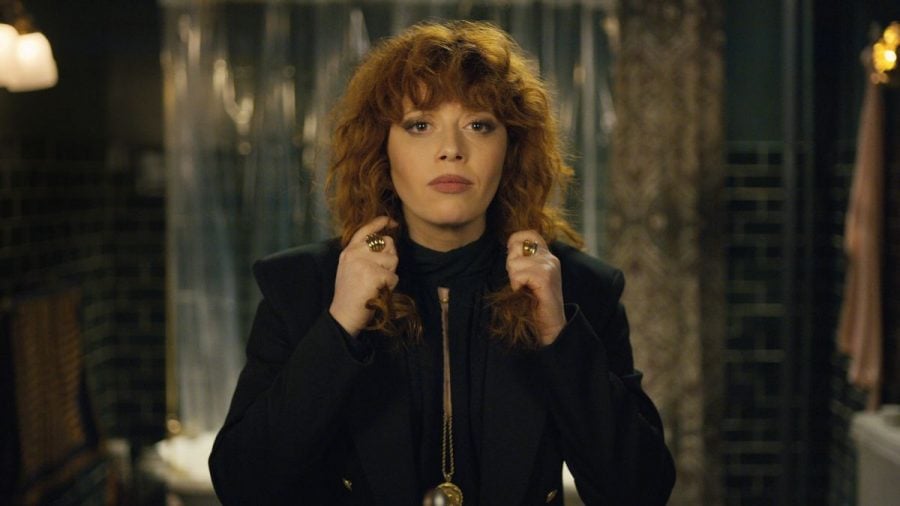
Nadia is a game developer and proud aging hipster living in New York. Her story starts at her thirty-sixth birthday party looking at herself in the bathroom mirror. On her way out, she finds a friend who hands her a joint laced with cocaine, “that’s how the Israelis do it” her friend says.
Nadia hooks up with a guy and they stop at a bodega on the way back to her place. So far everything seems normal (in a New York-hipster kind of way). But on her way out of the bodega, she is hit by a car and dies. The story restarts, at the same birthday party, staring at herself in the mirror.
Russian Doll can be summarized in what Nadia screams later that night: “the universe is trying to f*ck with me, and I refuse to engage”. Her strong personality and the events that happen to her allow the show to explore themes of vulnerability, trauma, and even life and death. Russian Doll repeats almost every episode, but its originality and plot twists make it more refreshing with every repeat.
This rhythm takes some quick getting used to, but the moment you do you will not be able to look away. Natasha Lyonne from Orange is the New Black is masterful at playing Nadia. She co-created the show with Amy Poehler and Sleeping With Other People director, Leslye Headland. She packs a lot of the originality and character that possibly makes Russian Doll the most fun and original show you will watch in 2019.
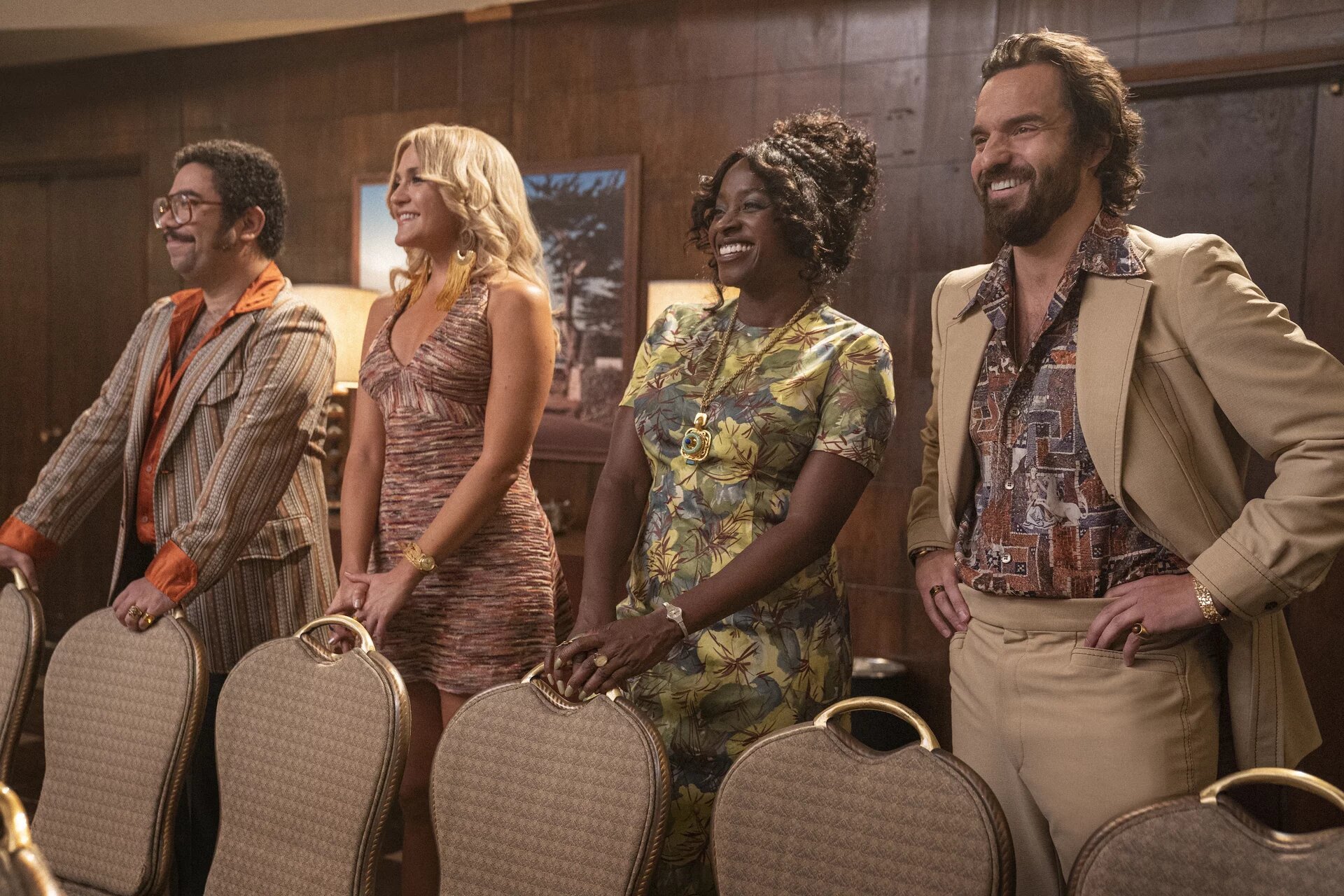
It’s the 1970s and women’s liberation is at its peak. Feminist writer Joyce (Ophelia Lovibond) wants nothing more than to start a magazine called “The Matriarchy Awakens,” but publishers aren’t biting. Enter Doug (Jake Johnson), a seemingly sleazy magazine mogul who wants to turn Joyce’s idea into something more sellable—namely, an erotic magazine aimed at women. Against her better judgment, Joyce agrees, and along with a crew of unlikely creatives, they work to set up Minx, a sexy female-first magazine that is the first of its kind.
Minx, the series, engages both characters and viewers in important conversations about feminism and eroticism, but more than just a piece of infotainment, it’s actually a genuinely funny and charming show. The spars between Joyce and Doug propel the series forward, and the bonds that form between their co-workers are just as heartfelt and compelling. Given Minx’s explicit premise, you might come in expecting a raunchy and sharp-edged show, but it’s actually tamer than it seems. As it is, Minx is lighthearted and pleasing, as enjoyable as any half-hour comedy out there.
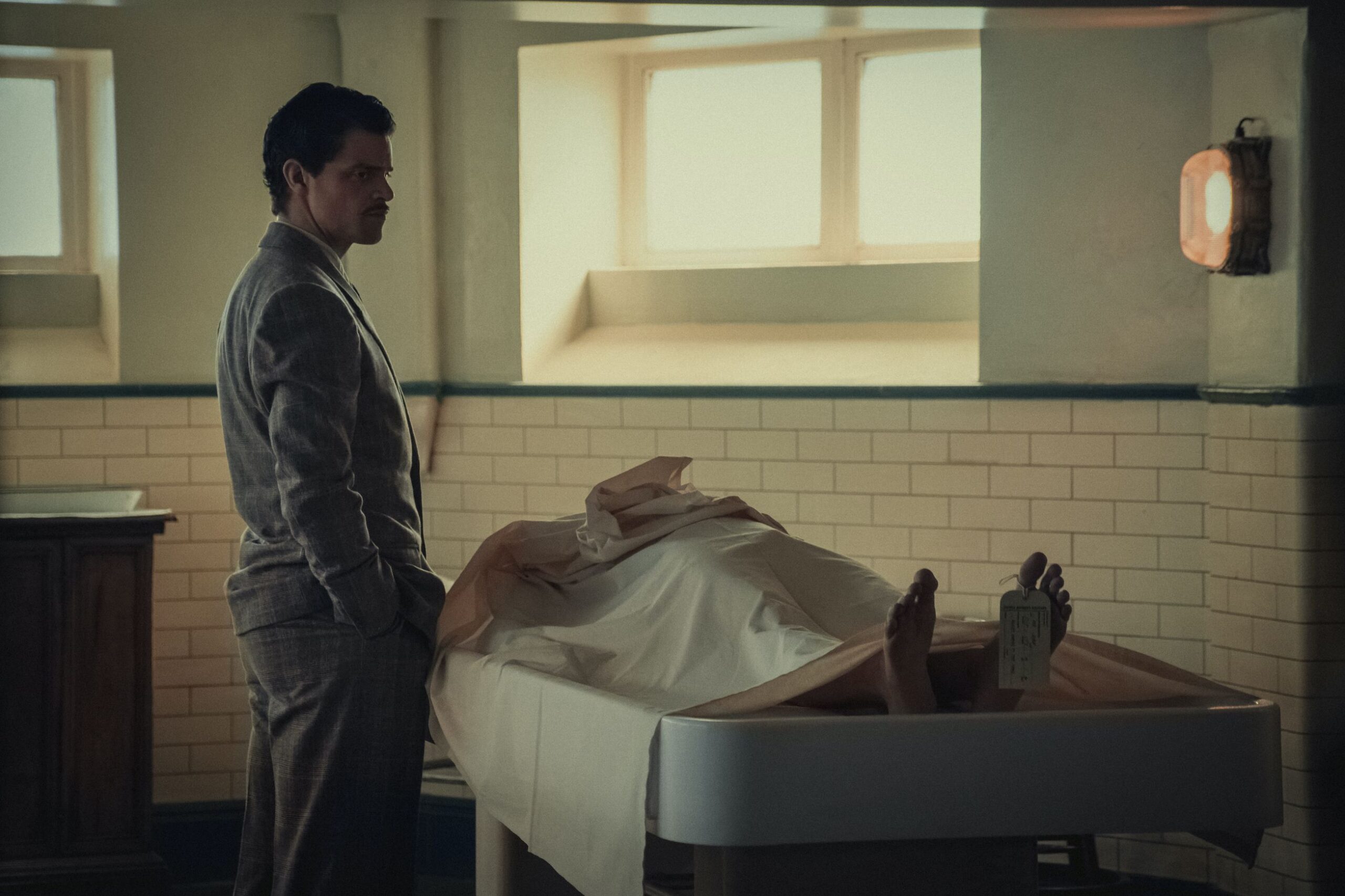
Based on the DC Vertigo comic, Bodies is an intriguing crime thriller with a unique twist – one body, in four separate time periods, being solved simultaneously all at once. While the show is triggered by the same body, the mini-series feels like four separate shows at the same time, marrying the classic Victorian detective mystery, war-torn film noir, and modern day police procedural through post-apocalyptic science fiction. And the four separate detectives take the helm of their respective side of the case, as well as how they deal with the discrimination against them. With four excellent strands to the same mystery, Bodies is an exceptional adaptation that demonstrates how even though details change, some things still remain the same.
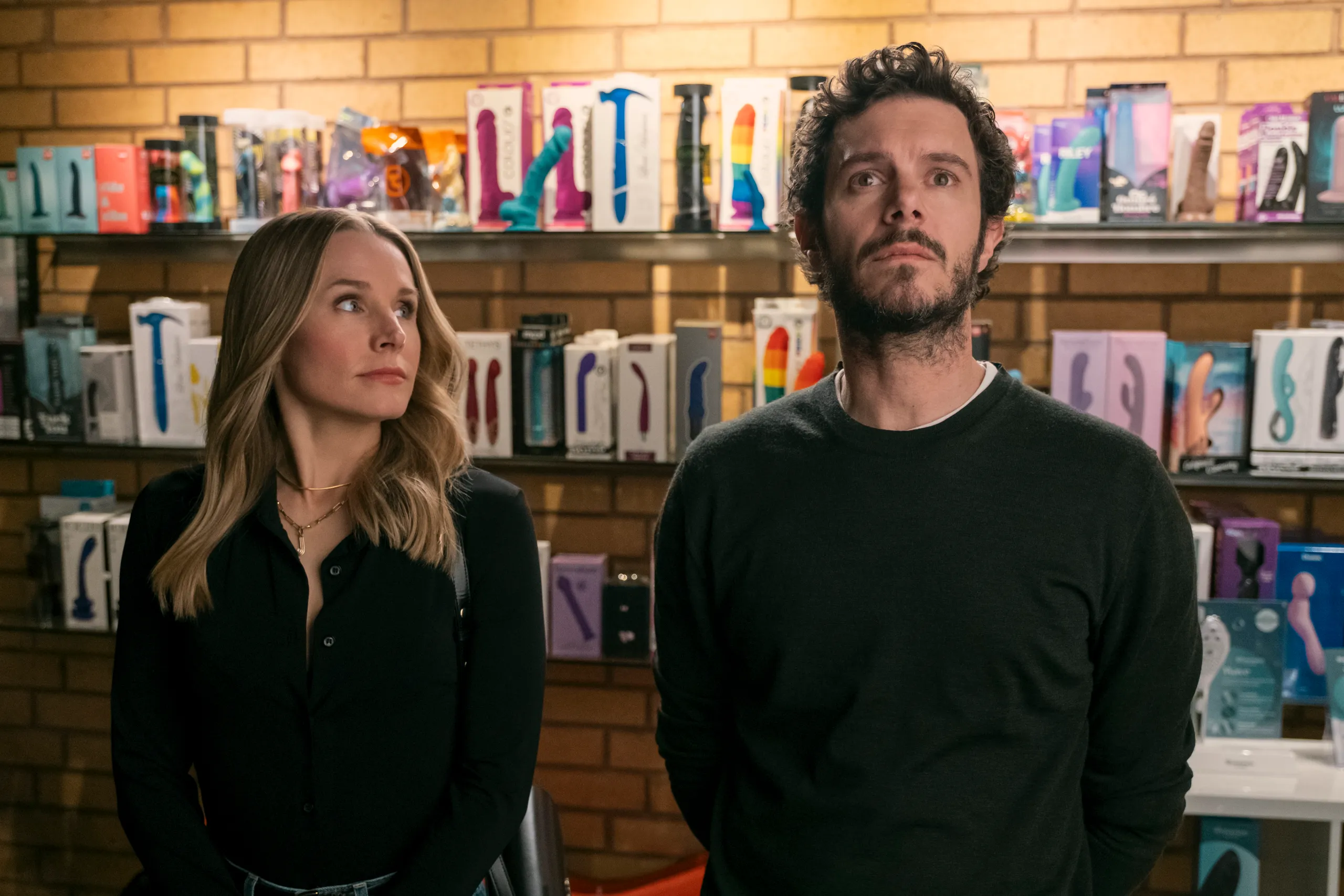
Romantic comedies used to be a dime a dozen in the 2000s, but now it seems like a dying genre, filled with mere shadows of what once was. That’s why when a good one comes along, you recognize it immediately: a good romcom revitalizes our ideas of love and life. It’s injected with a freshness that makes old feelings seem brand new. You get that in the British film Rye Lane, the Apple TV+ series Platonic series, and the Aussie gem Colin from Accounts, to name some recent examples. You can also find that same spark in Nobody Wants This, a breezy and effortlessly funny romantic comedy about two star-crossed adults trying to make their relationship work despite family disapproval, work demands, and that nagging fear of being hurt once more. The series is helmed by an impressive roster of writers and directors including Greg Mottola (Adventureland, Superbad), Karen Maine (Obvious Child), and Oz Rodriguez (The Last Man on Earth). It’s reminiscent of the indie romcoms of the last decade while shedding some much-needed spotlight on middle-aged dating. My only gripe is that this would’ve worked so much better as a punchy feature film. Instead, it’s dragged to the typical Netflix length of 10 episodes, but at least each runs only for a breezy 30 minutes.
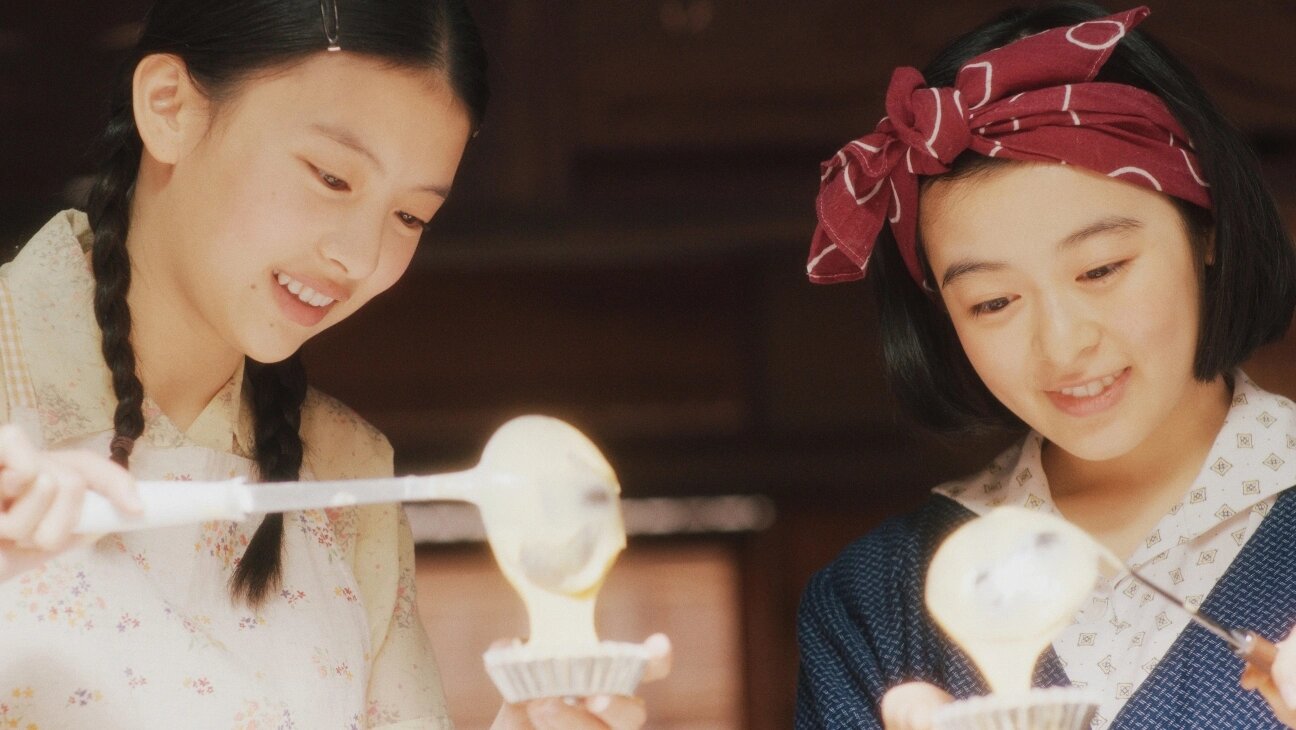
On the surface, The Makanai is a simple, slice-of-life show about food and friendship. While it is that, to be sure, it’s also a substantial drama that tackles questions about art vs. love, and love vs. companionship, and career vs. purpose. Under the gentle guidance of showrunner Hirokazu Kore-eda (Still Walking, Shoplifters, Broker), who generously allows up-and-coming directors to take the helm on certain episodes, The Makanai feels at once light and hefty, comforting and challenging. We’re seeing mundane events unfold before us as if we were bystanders, but we also understand that there is so much more happening than what meets the eye. A prolonged gaze, a lovingly prepped meal, an especially sharp wing-eye, all of these have much to say about the state of mind of these girls.
It’s a supremely gentle and culturally rich show with a tender heart; a truly great watch on all accounts.
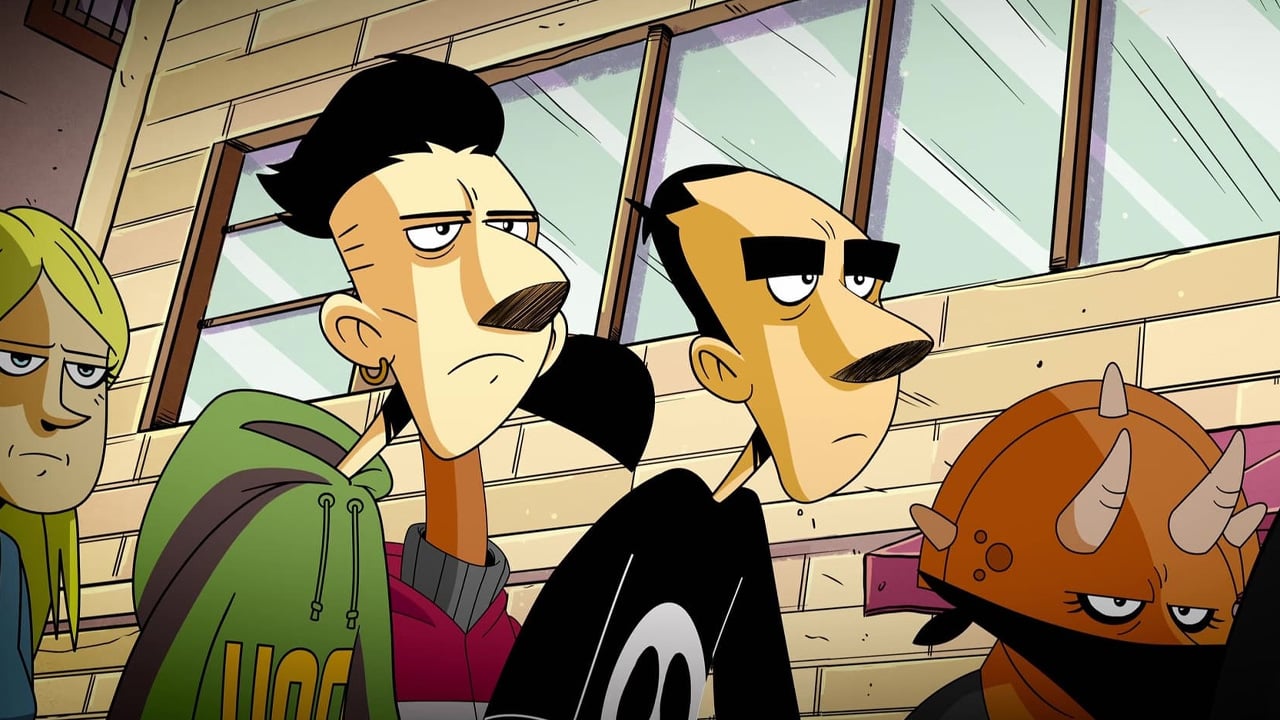
This World Can’t Tear Me Down is a timely release on friendship, punk, and anti-fascism. From the Italian cartoonist Zerocalcare, his second Netflix show shifts his musings over mental health to his experiences with regard to the country’s rising neo-Nazism. As xenophobia tears his friend group, it’s easy to feel the fear and self-doubt Zero’s cartoon counterpart feels. It’s easy as well to empathize with Sarah and Cesare, characters failed by the system around them. In many ways, they themselves feel like they haven’t met their potential. But the show suggests that perhaps status and achievement aren’t what being successful is all about– it’s about holding onto principles. Through punk soundtracks and shifts between stop motion and 90s cartoon style, This World Can’t Tear Me Down captures the millennial generation’s bewilderment, as well as their hope.
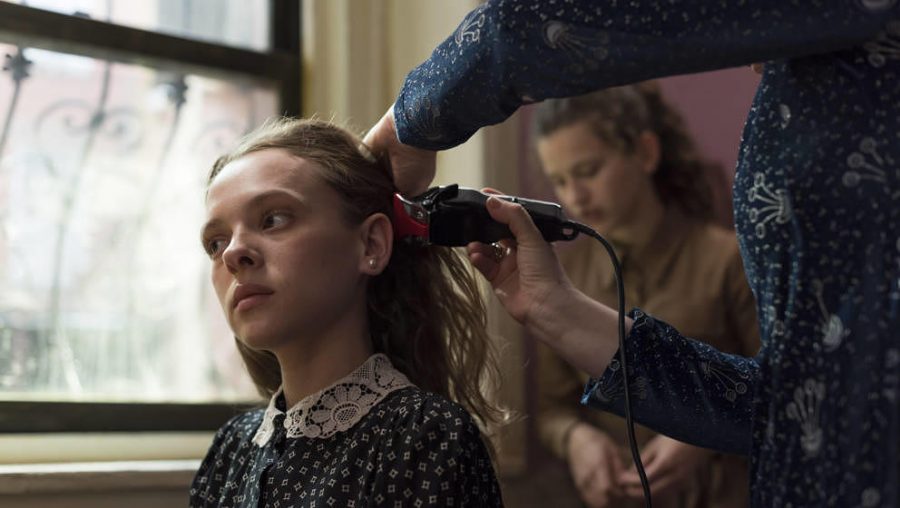
This excellent new miniseries is a drama that takes place in an ultra-Orthodox Jewish family. Esty, a nineteen-year-old girl who is unhappy in her arranged marriage, escapes this community and travels from New York to Berlin in hopes of starting a new life.
Like all good realistic dramas, there are no truly bad people in Unorthodox. Everyone is trying to do what they think is right, which still makes for very complicated situations. Esty is played by Israeli actor Shira Haas and I know this word is overused but she really is a revelation.
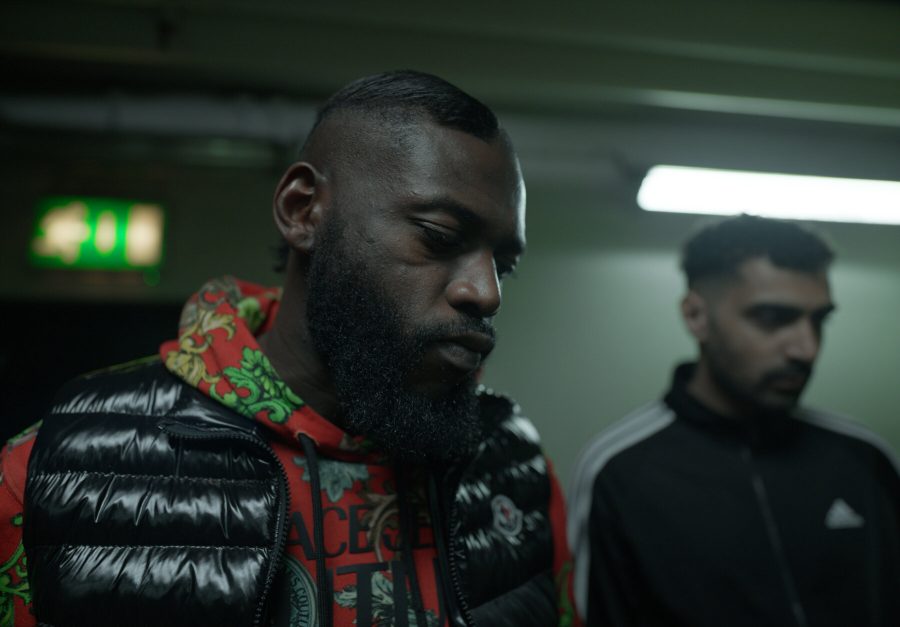
Leya is a businesswoman and single mother in her 20s who is trying to get her struggling startup off the ground while working at a restaurant.
When she finds an investor who’s willing to help her realize her dreams, he requests that she first pays off her outstanding debts to her previous investors. For this, she borrows from her brother-in-law who is in a violent drug gang.
It’s such a stylish and fast-paced thriller, based on Jens Lapidus’s famous Stockholm Noir Trilogy, except the gender of the lead role is reversed.
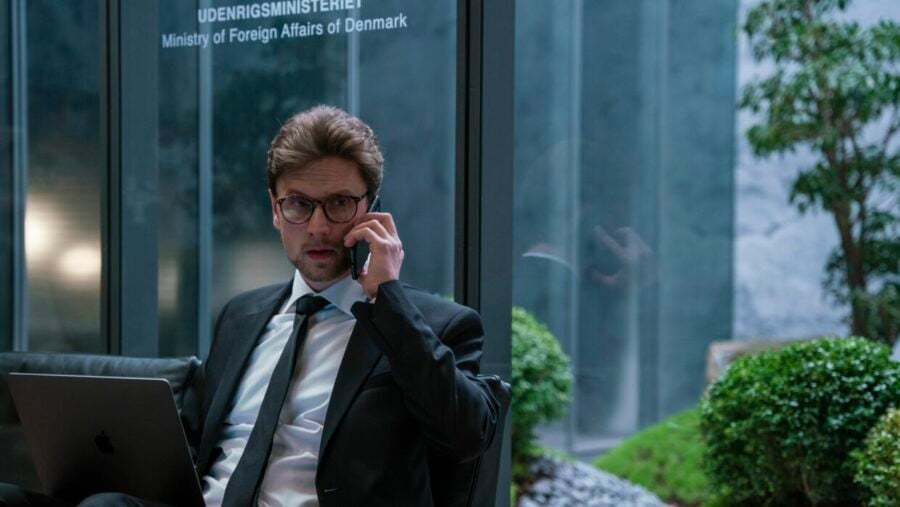
Netflix’s resurrection of the hit Danish drama Borgen comes in the form of Borgen: Power & Glory, a miniseries that sees Birgitte Nyborg (played by powerhouse Sidse Babett Knudsen) step down as prime minister and take over the foreign minister position while wrangling over power, principle, and family. In this particular revival, Birgitte butts head with the new prime minister, who is all for drilling oil in the autonomous region of Greenland despite Birgitte’s firm stance against climate change. The event turns into a geopolitical crisis that tests Birgitte’s values.
The series is as whipsmart, relevant, and funny as ever, although if you haven’t seen previous seasons of the show yet, don’t fret. Borgen: Power & Glory efficiently catches you up on all you need to know in the first few minutes. It’s a standalone, engaging drama that’s a breeze to go through at just eight episodes.
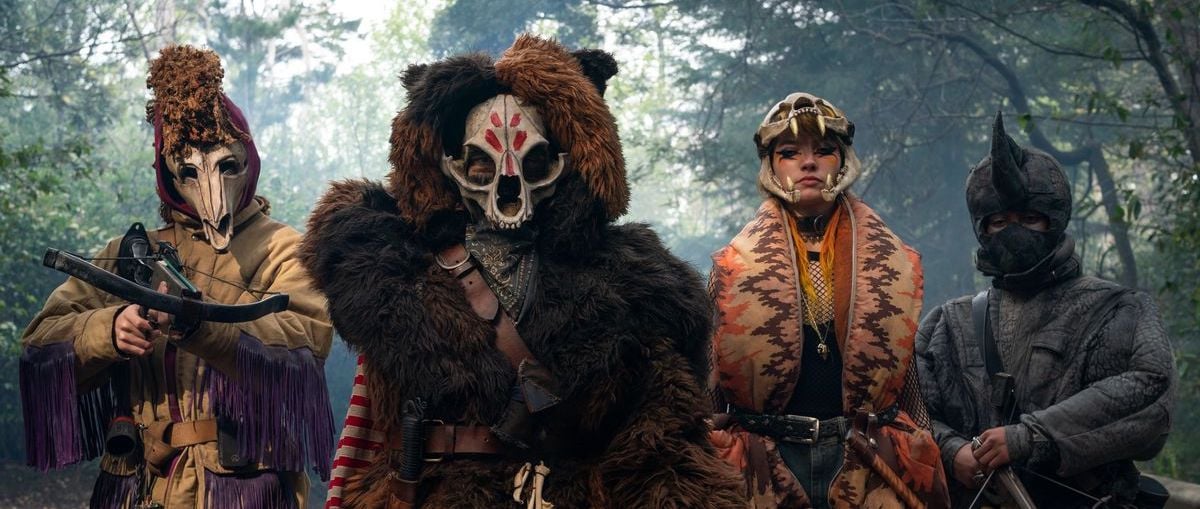
Sweet Tooth is set in a post-apocalyptic America, where the population has been ravaged by a mysterious virus and the new generation of humans has evolved into animal hybrids. The circumstances are bleak and the things people do to survive even more so. Driven by fear and grief, they both isolate and attack in moves that are eerily reminiscent of the early days of our own pandemic. Sweet Tooth is a robust adventure story then, gritty and reflective and tragic, but it’s also incredibly sweet.
We’re introduced to a myriad of characters, each of them with their own arc, but we mostly follow Gus (Christian Convery), a nine-year-old human-deer hybrid who has yet to be disillusioned by the human race. Gus grounds the story’s many flights of fancy, and along with the other main characters, he gives us timely reminders of the importance of kindness and humaneness without ever being too corny. And to the show’s serious credit, no one plot line overpowers the other; instead, all feel just as vital to the larger story of survival that’s being told.
The blend of these tales is lovely, the world-building is imaginative, and the technical aspects of it—the color, the costuming, and the cinematography—are all beautiful. Ultimately, Sweet Tooth is a packed a show wrapped in gorgeous layers, sure to delight even the most casual of viewers.

From the mastermind behind Netflix’s Kingdom, Kim Eun-Hee’s Signal is an exhilarating series that seamlessly weaves together gripping crime thriller elements with an intriguing touch of supernatural. With its unique premise of a mysterious walkie-talkie that connects the past and the present, the show follows a team of detectives from different eras as they collaborate to solve cold cases and unravel the secrets behind unsolved crimes. The superb writing and exceptional performances by the cast, including Lee Je-hoon, Kim Hye-soo, and Cho Jin-Woong, have made Signal a major hit among K-Drama fans.
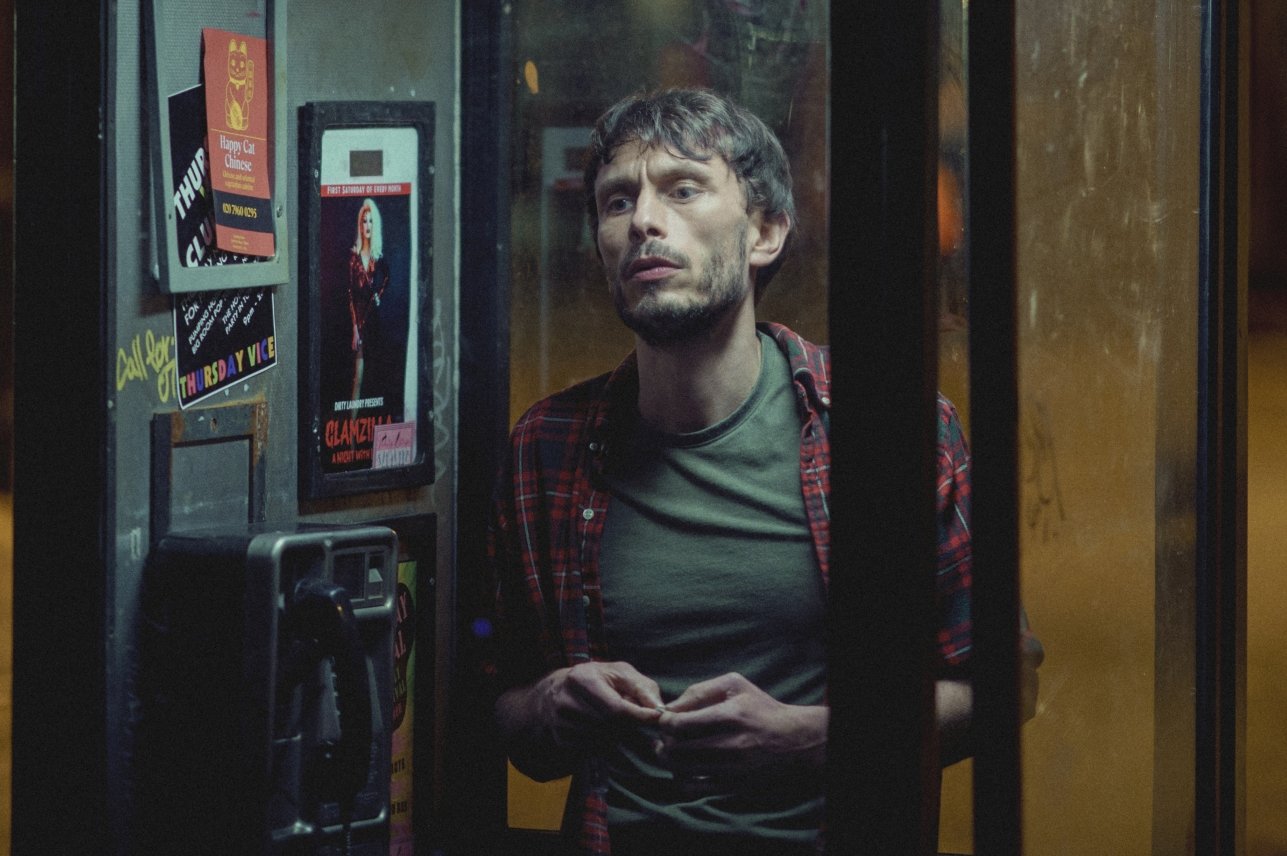
Baby Reindeer is a tough watch, starting out with out of kilter comedy that eventually and unrelentingly reveals its darker and darker sides. But not only was this a hard show to watch, this story is genuinely difficult to tell, because of how entangled all the threads of Donny’s trauma gets– it’s not a straightforward story about going through one traumatic incident and then immediately moving to logical forms of healing. It’s about one traumatic incident keeping him stuck and leaving him and his loved ones vulnerable to even more abuse. It’s a terrifying situation. And it’s terribly, terribly honest.
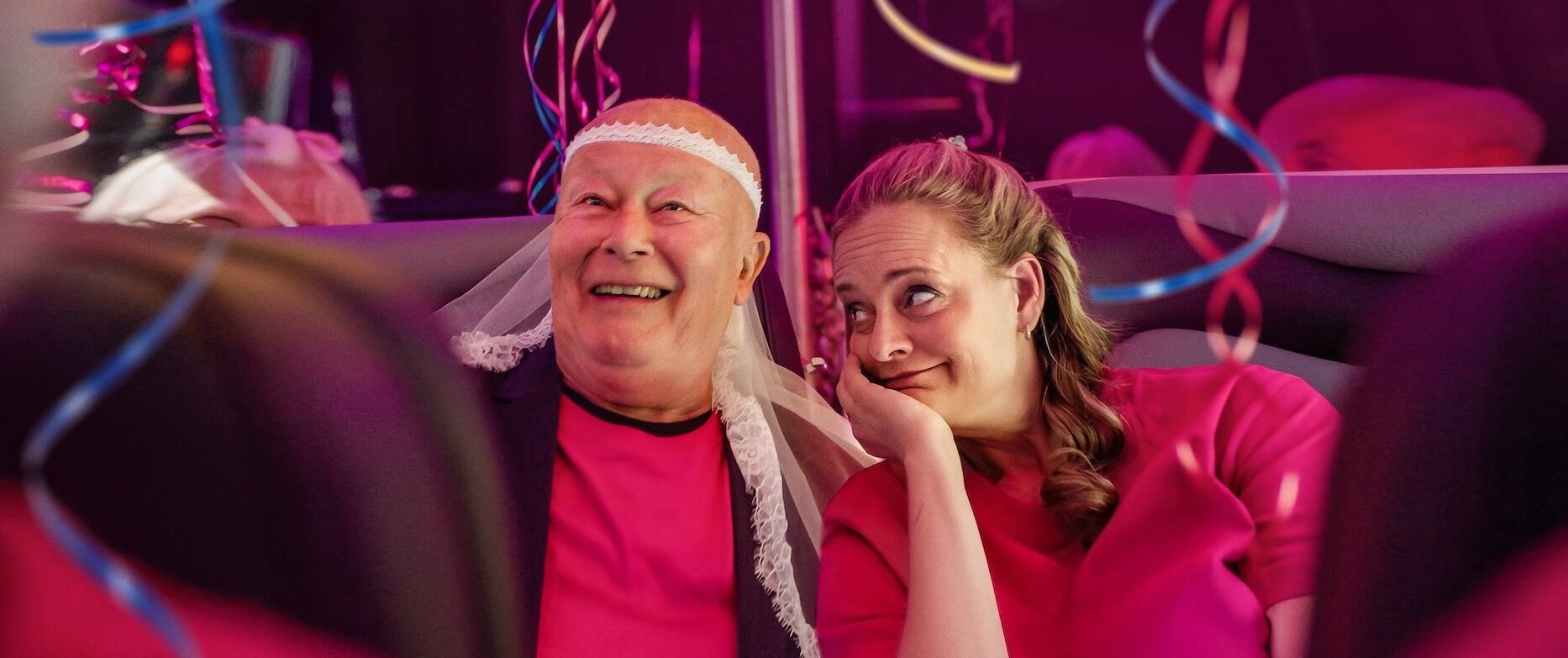
Pernille is the kind of show that makes you feel simultaneously giddy and sad, and the kind that makes you skip the credits as soon as you can to play the next episode. Like a Norwegian Better Things, it follows the titular Pernille (Steenstrup) as she raises two difficult but loving daughters, an emotionally distant nephew, and a father who’s found a new lease in life after finally coming out of the closet. To top it all off, Pernille works in child welfare, earning the ire of many unfit parents as she thanklessly saves children from abuse. Pernille is sometimes fun to watch—the heroine is prickly and plucky as she navigates her duties while carving out time for herself (often sexually). But sometimes it’s also difficult to watch. Between being a social services agent and a mom, Pernille comes to learn she’s not always right. But she is relatable and real, and therefore ultra comforting to watch.
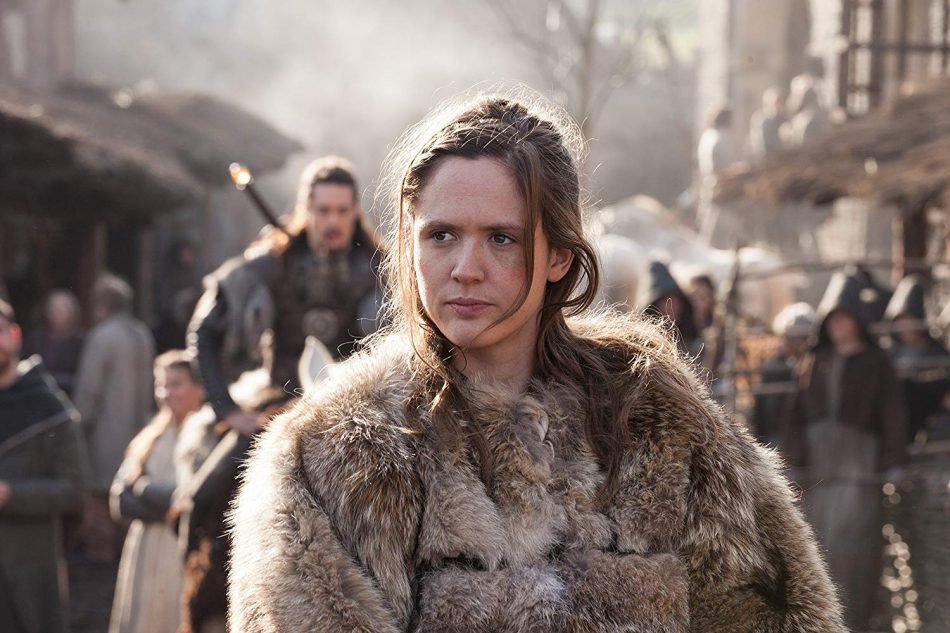
This historical fantasy show is based on the best-selling novel The Saxon Stories, a story set during the Viking / Dane invasion of Britain.
Uhtred was a small boy when he was kidnapped and then raised by the Danes. When he unexpectedly gets caught up in the conflict, his half-Saxon half-Dane mix makes at the same time valuable and untrustworthy for both sides.
There has never been a better alternative to Game of Thrones. The great writing and great performances from a cast of newcomers inevitably induce the same sense of addiction.
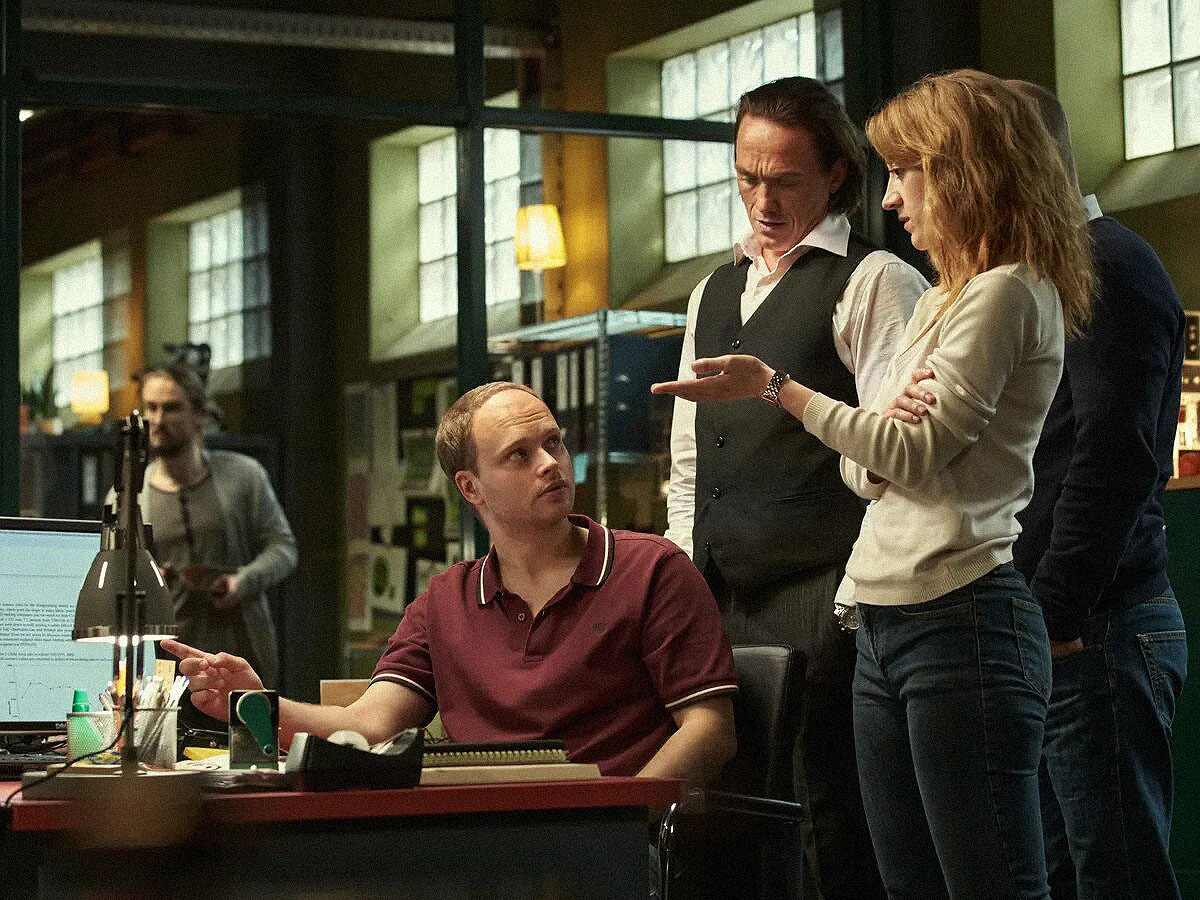
In the early 2000s, amid the rapid rise of online piracy and the consequent fall of paid music, tech genius Daniel Ek would find Spotify, a revolutionary streaming platform that served as a middle ground between user accessibility and artist rights. But even now, at its peak, Spotify’s success seems mystifying. How did they get away with providing free music to all?
Enter The Playlist—an impressive attempt at answering that very question. In this fictionalized account, key players in Spotify’s success are given their own episode-long arc, starting with the visionary himself, Ek (played by Edvin Endre), followed by the artist, the coder, and the industry insider, to name a few. By employing multiple perspectives, each with its own cinematic style (a particular favorite is that of the lawyer’s, the most experimental out of all the episodes), The Playlist manages to spin the technical and complicated story of Spotify’s origins into something fresh, dynamic, and addictive. Despite utilizing the Rashomon effect—risky but rewarding in this case—The Playlist rarely strays from its main point and, the result is a lean, well-rounded story that’s just as credible as it is heightened.
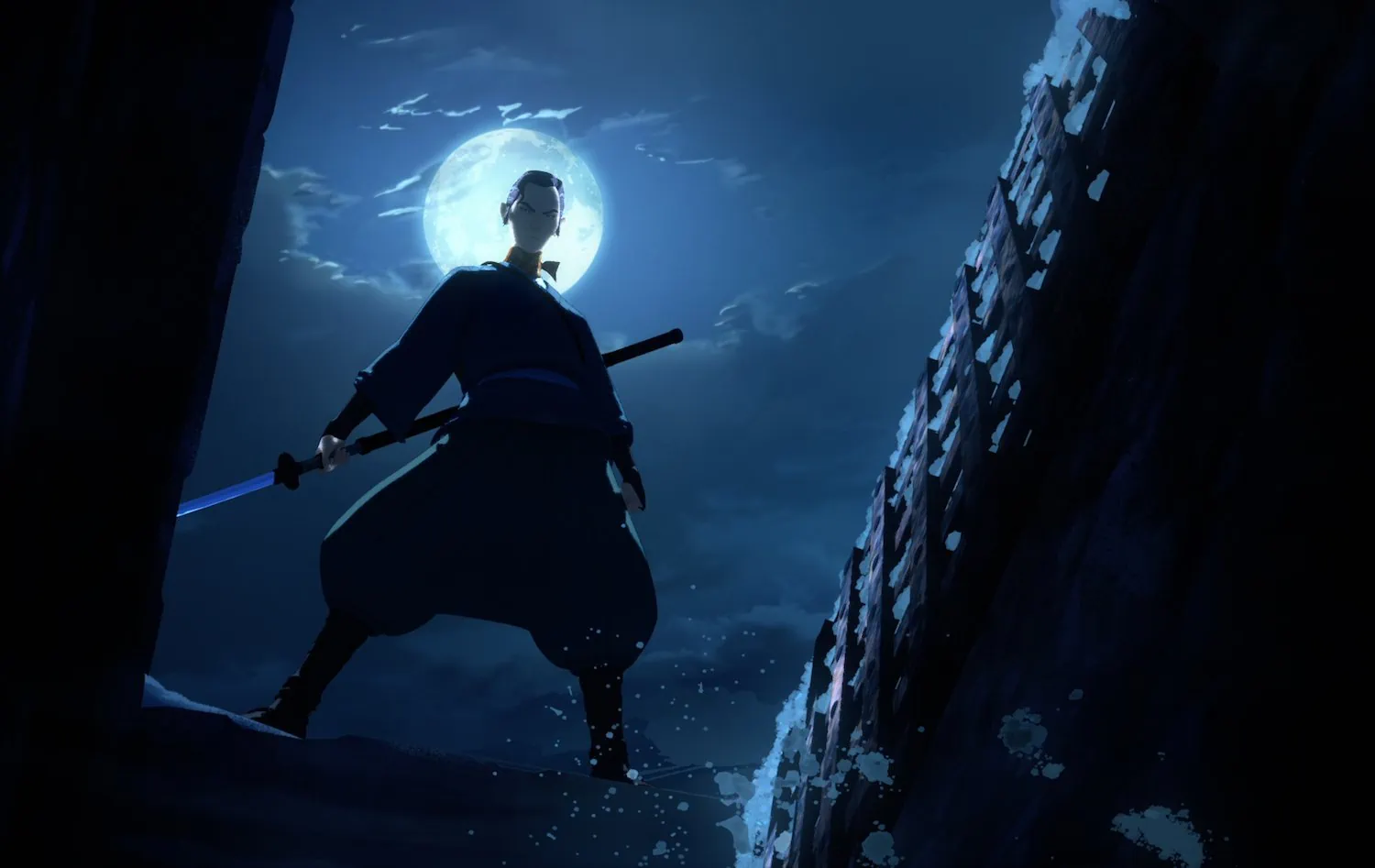
Starting off the series with slicing off fingers, Blue Eye Samurai is a thrilling action series that brings back samurai sword wielding in such a gorgeous fashion. Reminiscent of the classics, the animated series is centered on its titular warrior, whose blue eyes set them apart from society. She dedicates herself to a lifelong revenge journey, with gruesome sword fights, all to kill the four white men who could have been her father. And while she takes some side quests to her journey, missions that make her question the path she took, these seemingly straightforward fights slowly uncover the woman she became, and the pain inflicted upon those who can’t help but be different. It’s an action-packed spectacle, but it’s also an unflinching examination of trauma, and possibly one of the best animated releases from Netflix this year.
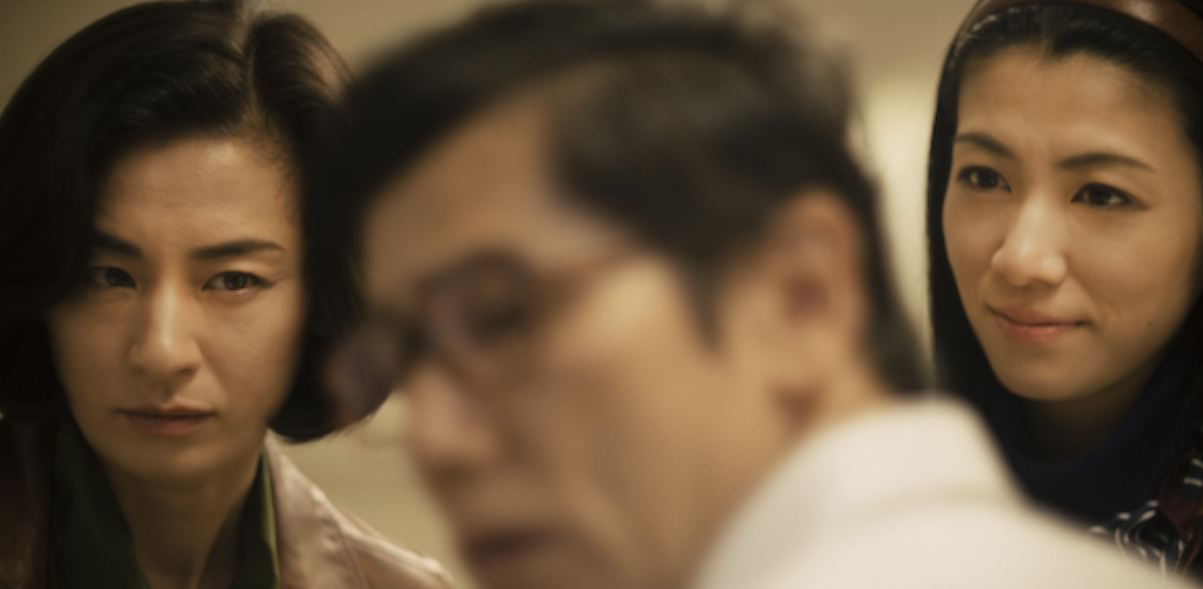
Asura is a very particular period piece about the typical, rule-following Japanese family in the 1970s, and yet it feels universal too in its tales of family, marriage, and above all else sisterhood. Based on a novel by Mukoda Kuniko, Asura captures the frustrating, odd, exhilarating, and reassuring specificity of having a sister. You could be in a severe argument one second but laugh about an accident in the next. You could get mad at your sister for staying in a toxic relationship while offering her a place to stay and promising not to judge her in the same breath. And as we witness the dynamics of these four sisters, we also get to see the relationships they pursue (or run away from) all while trying to stay afloat amid Japan’s rigid societal rules. “Is it happiness for women to not make waves?” their mother asks. The entire series sees the women try and fail and try again to answer that all-important and ever-relevant question.
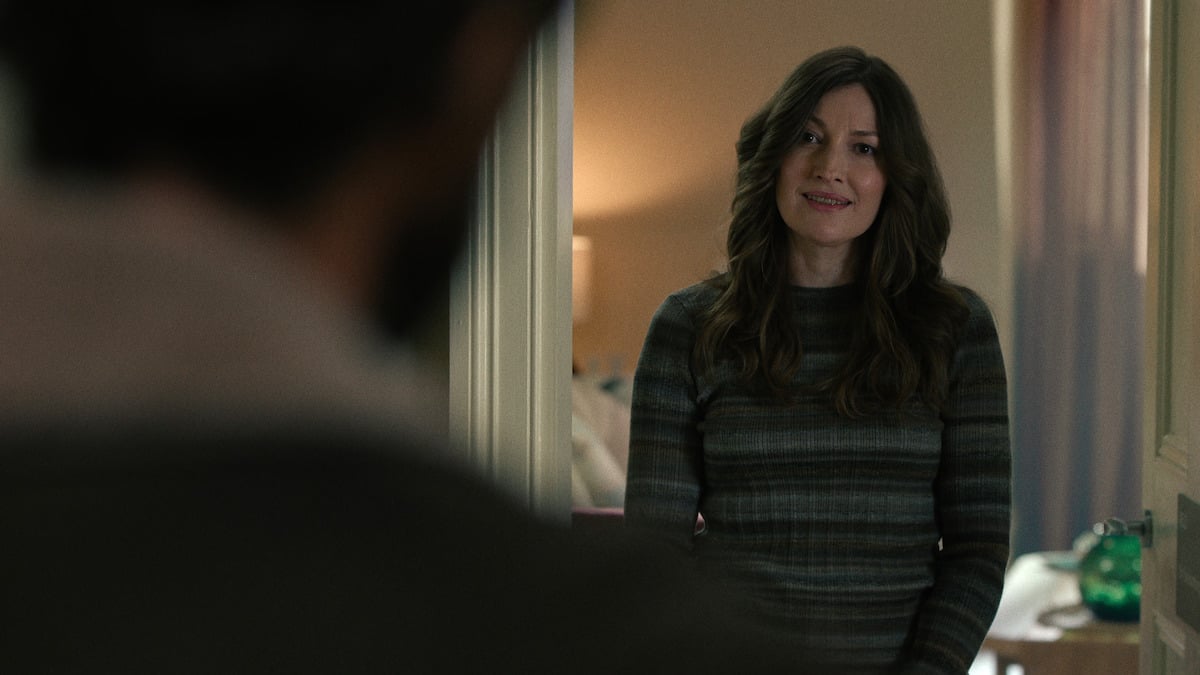
It can be slow, intense, and a tad too sardonic for some people, but Department Q is a well-crafted detective series that keeps you on the edge of your seat till the end. Like Slow Horses before it, it follows a group of misfit cops eager to prove their skills to eagle-eyed management, here in the form of TV veteran Kate Dickie.
The outcasts are tasked to solve cold cases, reluctantly led by DCI Carl Morck (Matthew Goode), an antisocial and (likely) genius with a heart of gold. His side-kick, a Syrian detective with a dark yet unexplained past, is who truly steals the show. It’s almost tough to watch the show while eagerly waiting for every line and every scene he is involved in. He is brilliantly portrayed by Russian-Swedish actor Alexej Manvelov.
Department Q is as much about the difficult cases as it is about Morck and the characters’ battling their personal demons.

The title of this romantic comedy series refers to the unusual meet-cute between its leads. As wealthy heiress Yoon Se-ri gets into a paragliding accident in the North Korean part of the DMZ, she meets KPA Captain Ri Jeong-hyeok. Considering the tension between the nations, this creates more life-or-death stakes than other non-fantastical romcoms. But rather than play it out in the most dour of ways, the series has fun with it, with a humor that riffs on the sheer awkwardness of the situation and the leads’ shared humanity. Crash Landing on You does take on some of the K-drama formula, but it brilliantly uses it to humanize both sides of a peninsula that once was united.
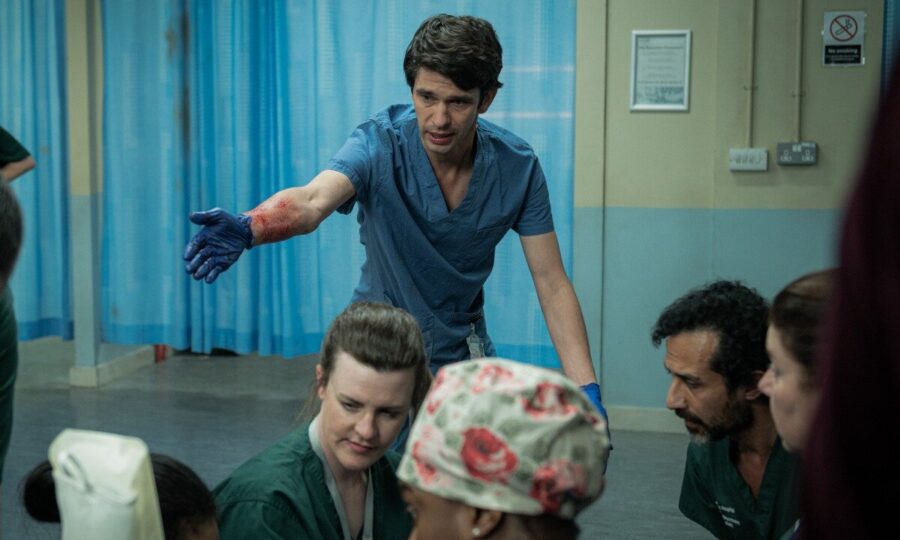
In the dark comedy This Is Going to Hurt, Ben Whishaw stars as junior doctor Adam, who’s barely keeping it together in the understaffed and under-equipped ob-gyn ward of Britain’s NHS hospital. We see, often in sad and graphic detail, what goes on in a public hospital and the heavy toll this takes on both the patients’ and medical staff’s personal lives. It’s hard to look away, especially when Adam addresses us in the first person.
Even more upsetting? The miniseries is based on a memoir. Former medical trainee Adam Kay wrote a best-selling book detailing his horrific time at the NHS, and now he serves as executive producer and writer of the series.
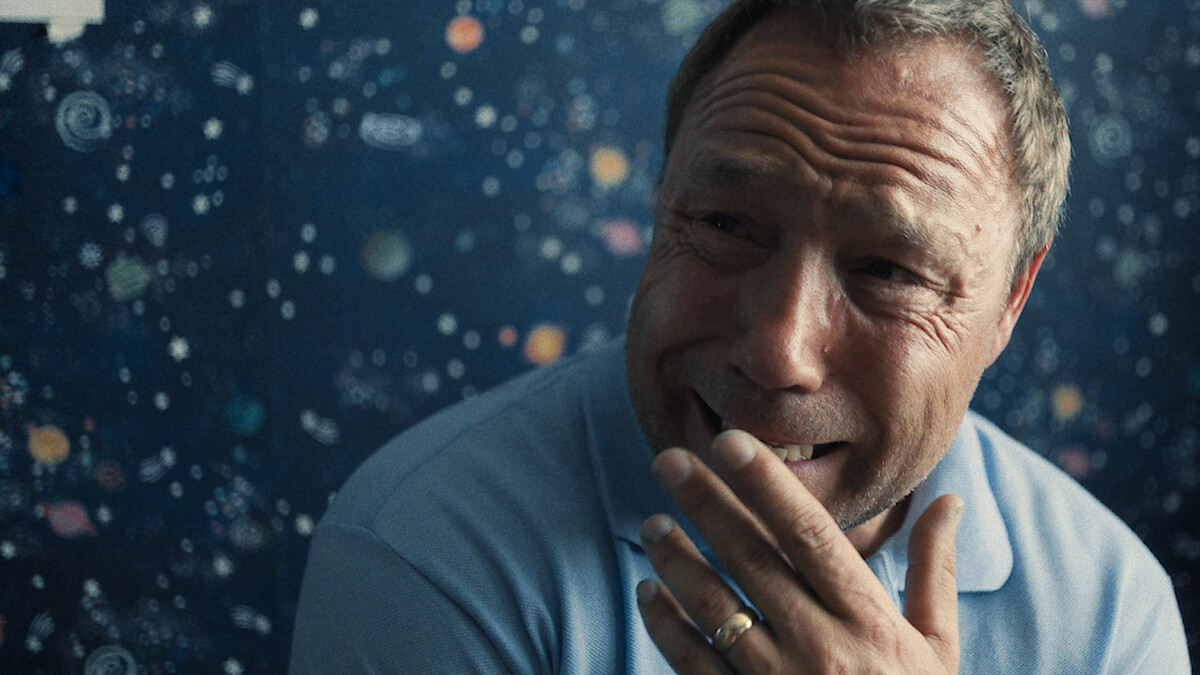
All four episodes of Adolescence are shot in a singular, shocking take. The camera takes us along as Jamie Miller (an outstanding Owen Cooper) is arrested for suspected murder. In one episode we follow Jamie and his confused father (co-creator and writer Stephen Graham), in another we follow DI Luke Bascombe (Ashley Walters). And in one particularly head-spinning episode, we follow Jamie and his psychiatrist Briony (Erin Doherty) as they both try to get in each other’s heads. The series may seem like a straightforward murder mystery at first. Like Apple TV+’s Defending Jacob, it asks, did young Jamie do it? Will his parents believe him? Will we? But those questions are almost secondary to what the show really gets at. It takes on violent misogyny, a growing trend among the Andrew Tate-influenced youth. It takes on parental guilt, grief, and moral responsibility. It’s a hefty piece of work, but the naturalism of the script and the intimacy of the single-takes makes it feel terrifyingly close to home.
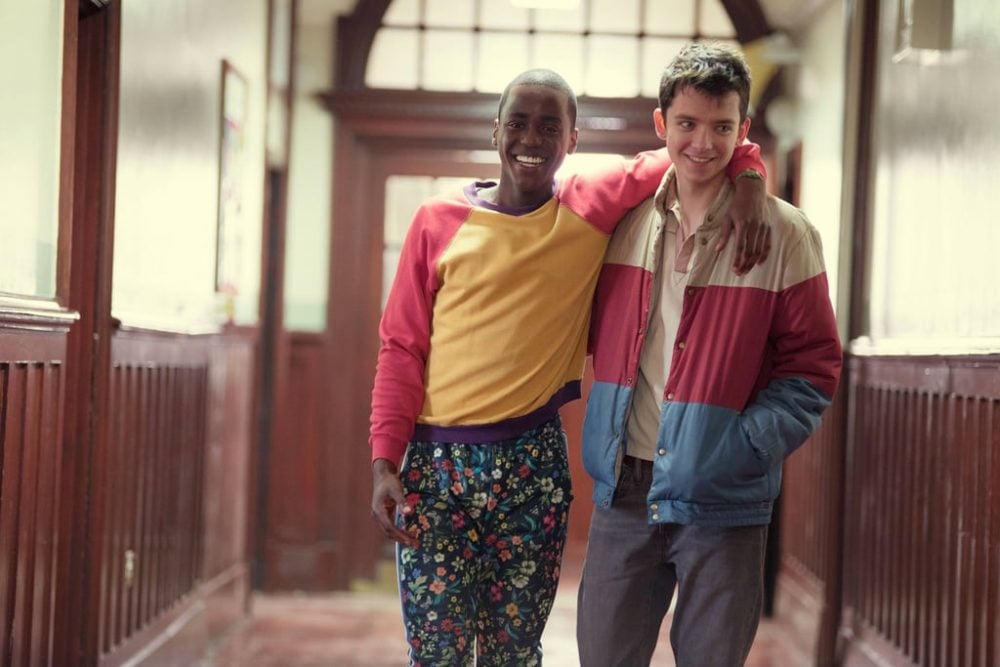
Pressured by the feeling that everyone is having sex except him, Otis (Asa Butterfield), like most teenagers, is very uncomfortable with sex, masturbation, and intimacy in general. In addition to the standard-issue teenage awkwardness, to make things worse, he grows up in a sex-positive household under the watchful eyes of his mother Jean, played by Gillian Anderson, who is a sex therapist. Obviously, the subject is omnipresent as are erotic art, oversized dildos, and coitus-craving couples all over the house. The twist comes when he transforms his tribulations into a business model by teaming up with bad girl Maeve Wiley (Emma Mackey) to counsel his teenage peers on sexual issues of all kinds. As you can imagine, uninitiated teenagers have a lot to offer in that department. Apart from its raunchy premise and explicit images, this is a hilarious, diverse, and warm teen comedy thanks, in particular, to the writing of playwright Laurie Nunn. Lauded by critics for its honesty, this future comedy classic will surely teach you a thing or two about sexuality yourself.

If you liked Netflix’ Stranger Things gloomy suspense, sit tight because there is a lot more of where that came from in Dark. Here is what they have in common: the aesthetic, great music, and they’re both about the disappearance of a child. Other than that, it is very difficult to compare Dark to anything else I’ve seen before.
This German show is about a town with a long and dark history, which is brought to the forefront of the collective conscious when a child goes missing. The plot twists and turns through decades of history – and that’s as much as I will share without ruining the show for you.
Dark uses beautiful aesthetic, both visually and musically, to be compelling and painfully tension-ridden.
Season two has more bouncing between timelines and more dark and inexplicable events, as now six people are missing.
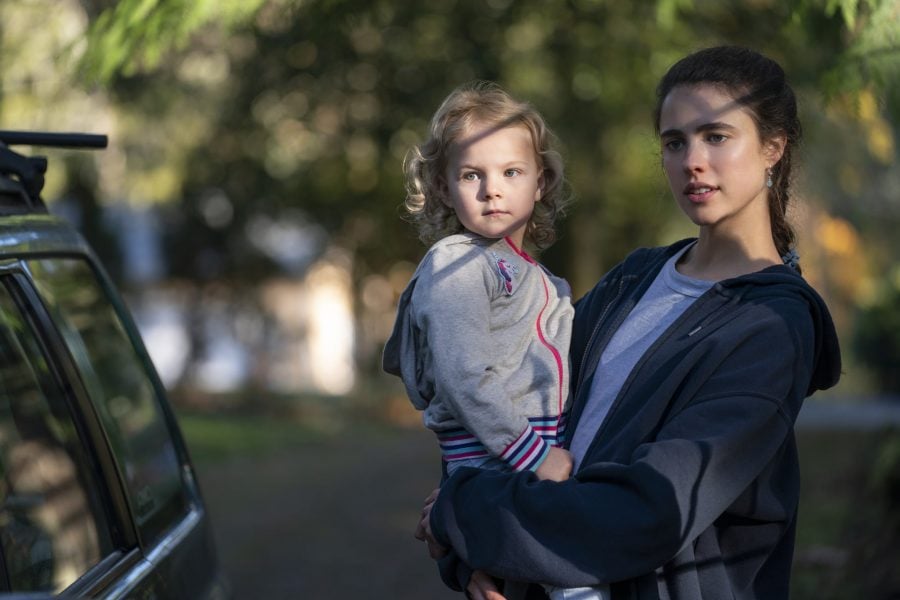
This excellent drama miniseries starts in the middle of one night when Alex, a 25-year-old, grabs her daughter and flees her home. She is chased by her abusive boyfriend but doesn’t look back. She has 18 dollars to her name.
The story is based on a real-life memoir called “Maid: Hard Work, Low Pay, and a Mother’s Will to Survive”, where Alex’s character (based on executive producer Stephanie Land) does everything to get her daughter and herself to a safe environment. She gets a trial at a cleaning job.
Maid does such a good job at portraying the many stresses that Alex goes through: will she have enough gas? Will she find a safe place to sleep? Will she get to the cleaning job on time? And as the series progresses, the questions become different but the stress is the same – except in episode five, in which she cleans a weird house, and then it becomes an actual horror movie.
And on every other aspect, the show delivers. The cast, led by Margaret Qualley and her real-life mother Andie MacDowell, is phenomenal. Each episode is long enough to leave an impact but not too long to be melodramatic. The scenery (set in Washington state but filmed in British Columbia) is gorgeous. It’s such an all-around great show.
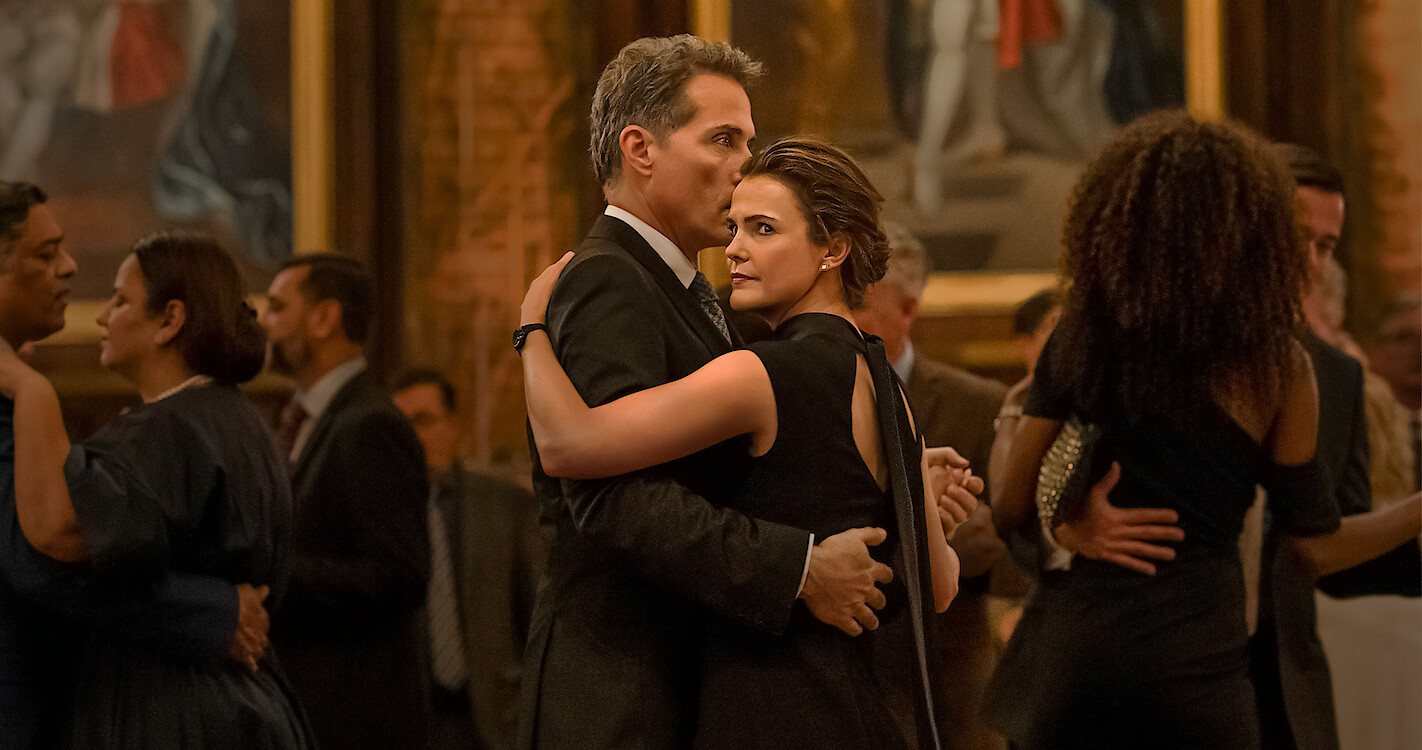
It’s amazing how shows fueled only by fast talk can feel as gripping as any thriller out there. The Diplomat is cerebral and heavy on geopolitical jargon, but somehow, it manages to feel genuinely exciting, each new episode impossible to not play next. Thanks is due in large part to Keri Russell who, fresh out of her incredible stint in The Americans, returns here as messy and intense and endearing as ever. On the one hand, The Diplomat is about the delicacy of diplomacy, about how every decision made at this level has ripples of consequences throughout the globe. But it’s also, amusingly, a marriage story. Russell plays a woman who has long been defined by her more renowned if egotistical husband, played perfectly by Rufus Sewell. They have a complex relationship that is as much a career partnership as it is a romantic one, and part of the show’s charm is blending all these story arcs seamlessly. Fans of West Wing, Veep, and Homeland will find much to like in this series, especially because of its informative takes and engaging performances.
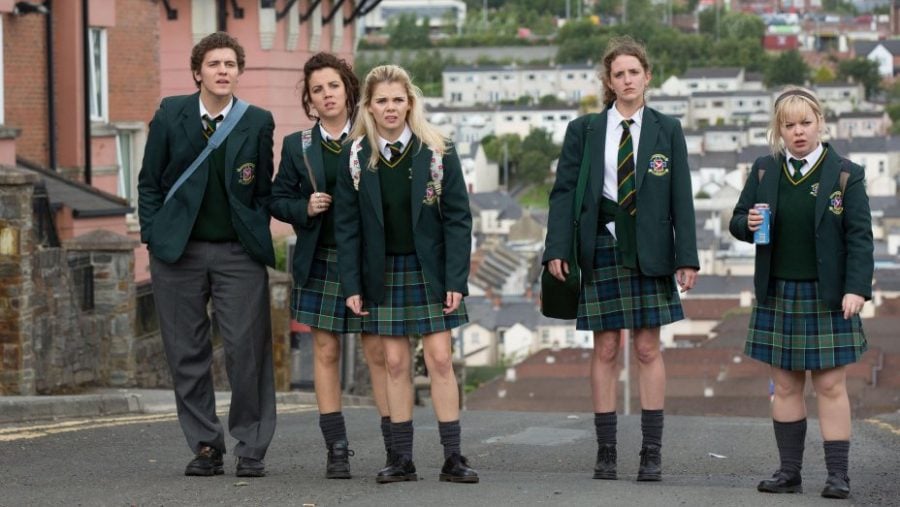
If you’re looking for a funny yet original sitcom, look no further than Derry Girls.
It takes place in 1990s Northern Ireland where civil unrest reigns. News of bombings is regular. This is a cause for concern for a lot of people, but for one group of teenage girls life continues as usual. Making fun of the first boy at their all girls school and being embarrassed by crushes are unshakable priorities.
Derry Girls might have been a good show with just the 90s nostalgia and the political undertone, but the sharp and hilarious writing elevate it to greatness. It is truly one of the best sitcoms ever made. If you liked The End of the F***ing World, you will enjoy Derry Girls. They differ in plot but they both carry similar elements of dark and dry humour.
Watch out for Sister Michael, she is hilarious.

At first glance, Monster doesn’t seem like the typical anime of the 2000s. With its muted colors, realistic action, and Eastern European setting, it seemed like a more subdued series compared to other thrillers. But because it feels so realistic, Monster is one of the most thrilling psychological series that happens to tackle the value of a human life, as the compassionate doctor Kenzo Tenma grapples with the weight of having saved a boy who grows up into a manipulative psychopath. Mangaka Naoki Urasawa and showrunner Masayuki Kojima directly challenges their respective philosophies through excellently paced investigations, well-developed characters, and the thorough examination of the different ways humanity has failed each other, and it’s downright beautiful to see how this anime adapts Urasawa’s complex, sophisticated story so faithfully.
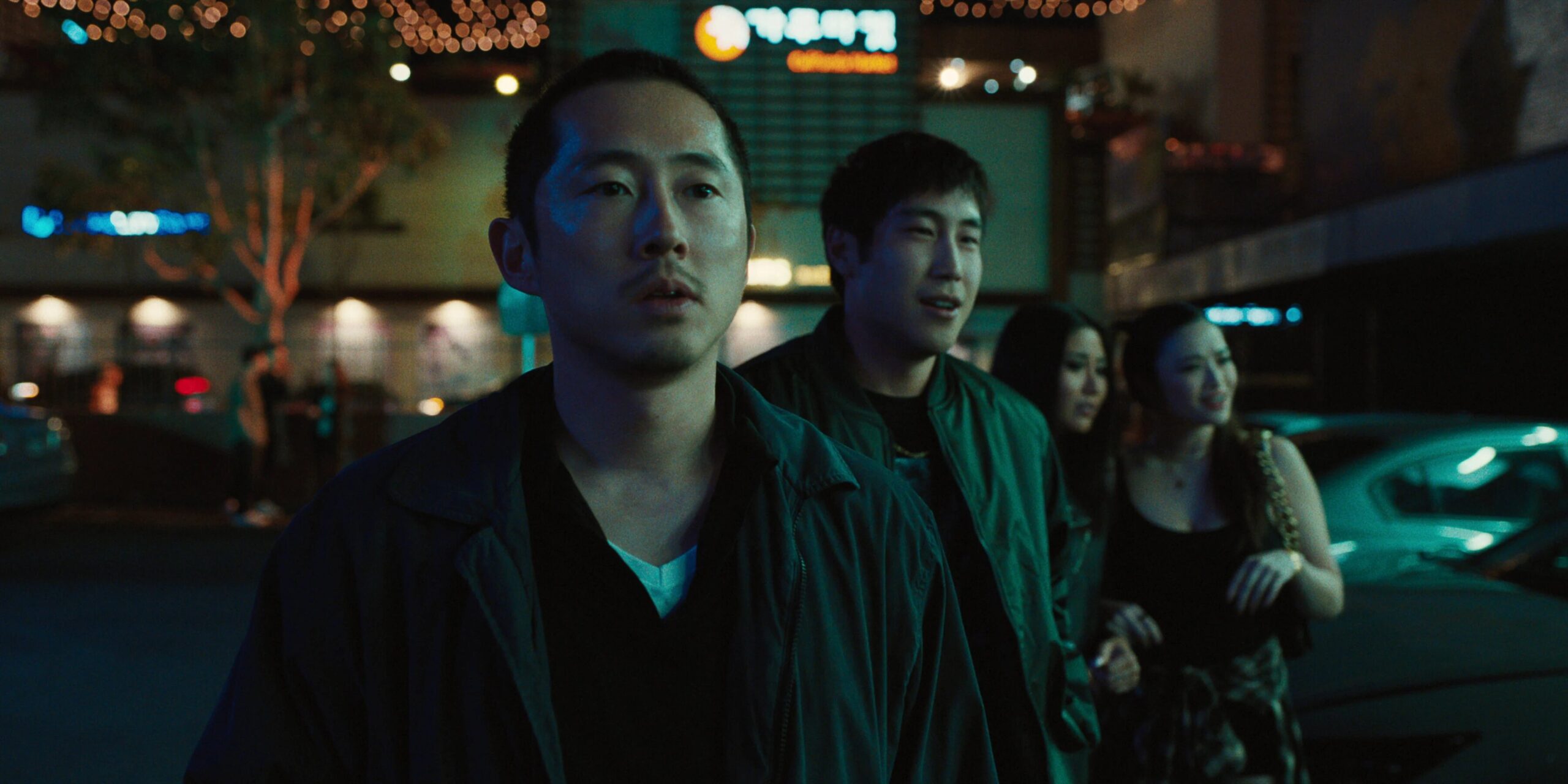
A parking lot run-in wouldn’t normally warrant anything more than an angry rebuke, but for Danny and Amy (Steven Yeun and Ali Wong, respectively), it’s the final straw that pushes them over the edge and into the domain of unfiltered rage. Years of forced optimism and unreciprocated niceness have led them to this unforgiving point, and instead of going back to how things were, they burry themselves deeper into the ground with each new act of revenge proving more sinister than the last.
Beef could’ve easily been a comical show anchored on silly hi-jinks. Instead, it’s a searing look at anger and repression in modern-day America. Danny and Amy are on opposite ends of the class spectrum, but both are riddled with unending malaise and self-hatred, parts of which are informed by their race, gender, and status as second-generation immigrants in the country. It’s their chase for the elusive American Dream, and not actually each other, that entangles them in a web of deceit and danger.
Juicy with a thrilling aftertaste, each episode of Beef will leave you enthralled, enraged, and ever-hungry for more.
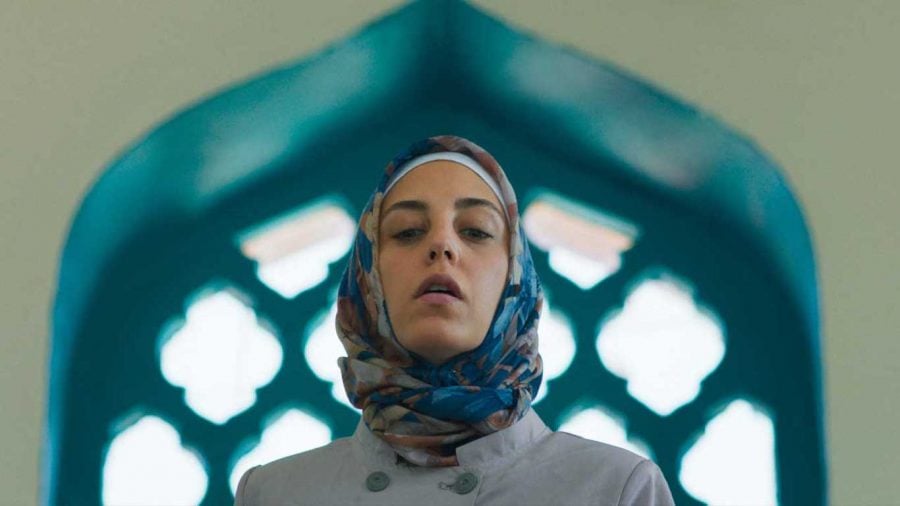
This gorgeous drama-thriller is set in bustling Istanbul where different characters, mostly women, cross paths.
And when I say gorgeous, I mean of the drop-dead variety. The cinematography is reminiscent of the Japanese style of Kazuo Miyagawa or Columbus director Kogonada.
And it’s all matched by the dialogue. The first episode follows a woman who lays bare her life in a first session with a psychologist. The story then moves on to her psychologist seeing her own clinician, mostly discussing how she feels about seeing veiled patients.

